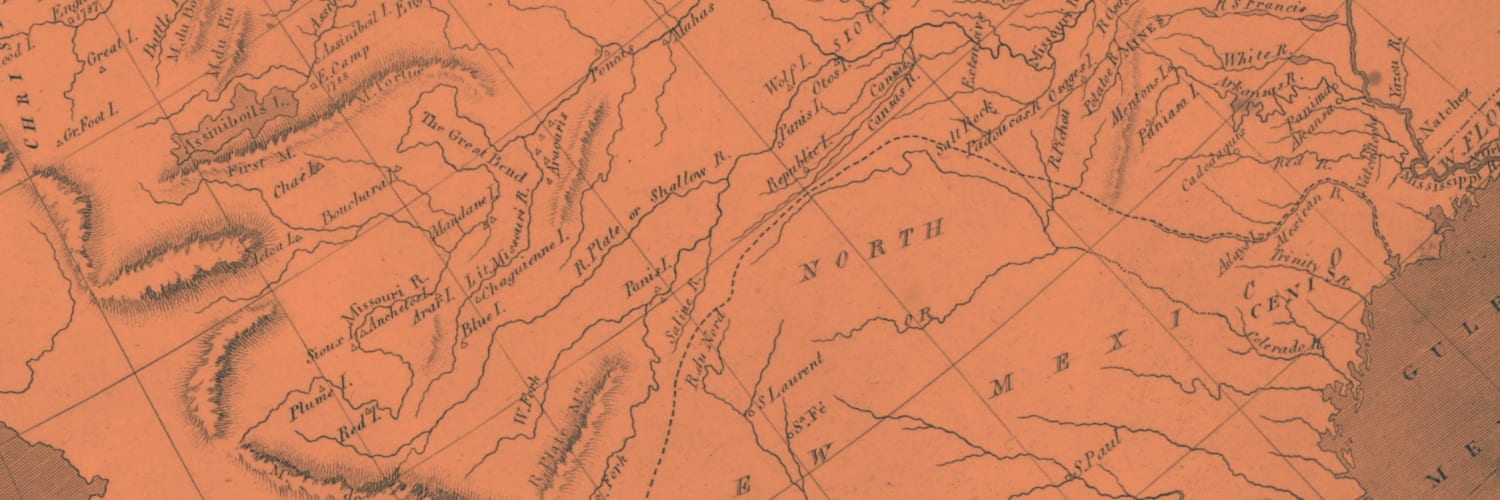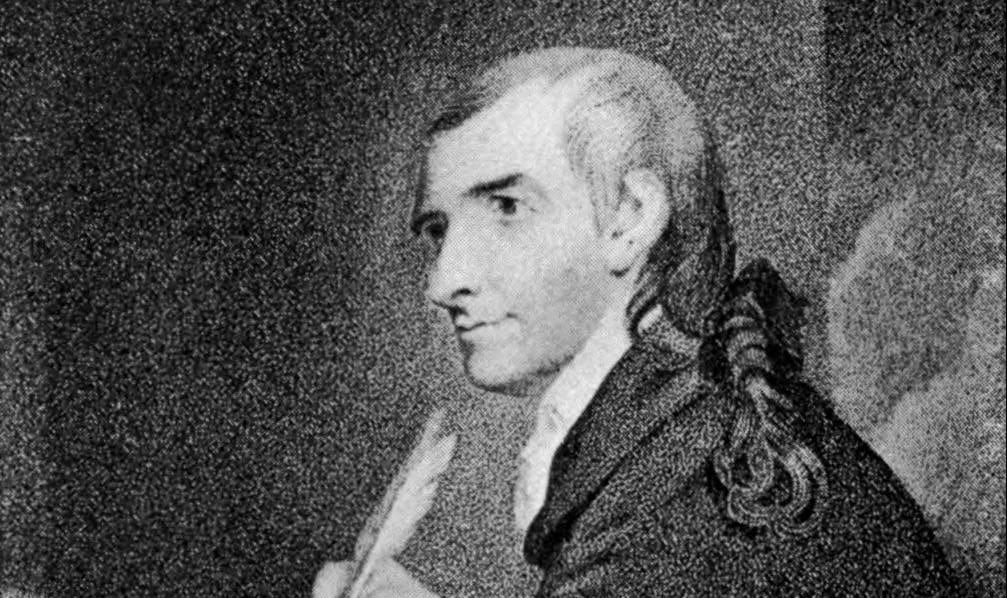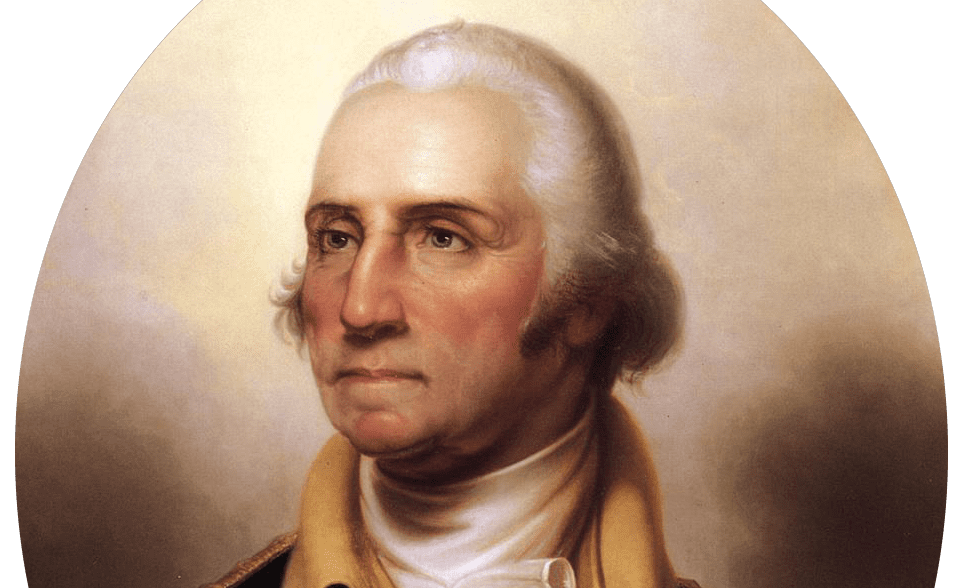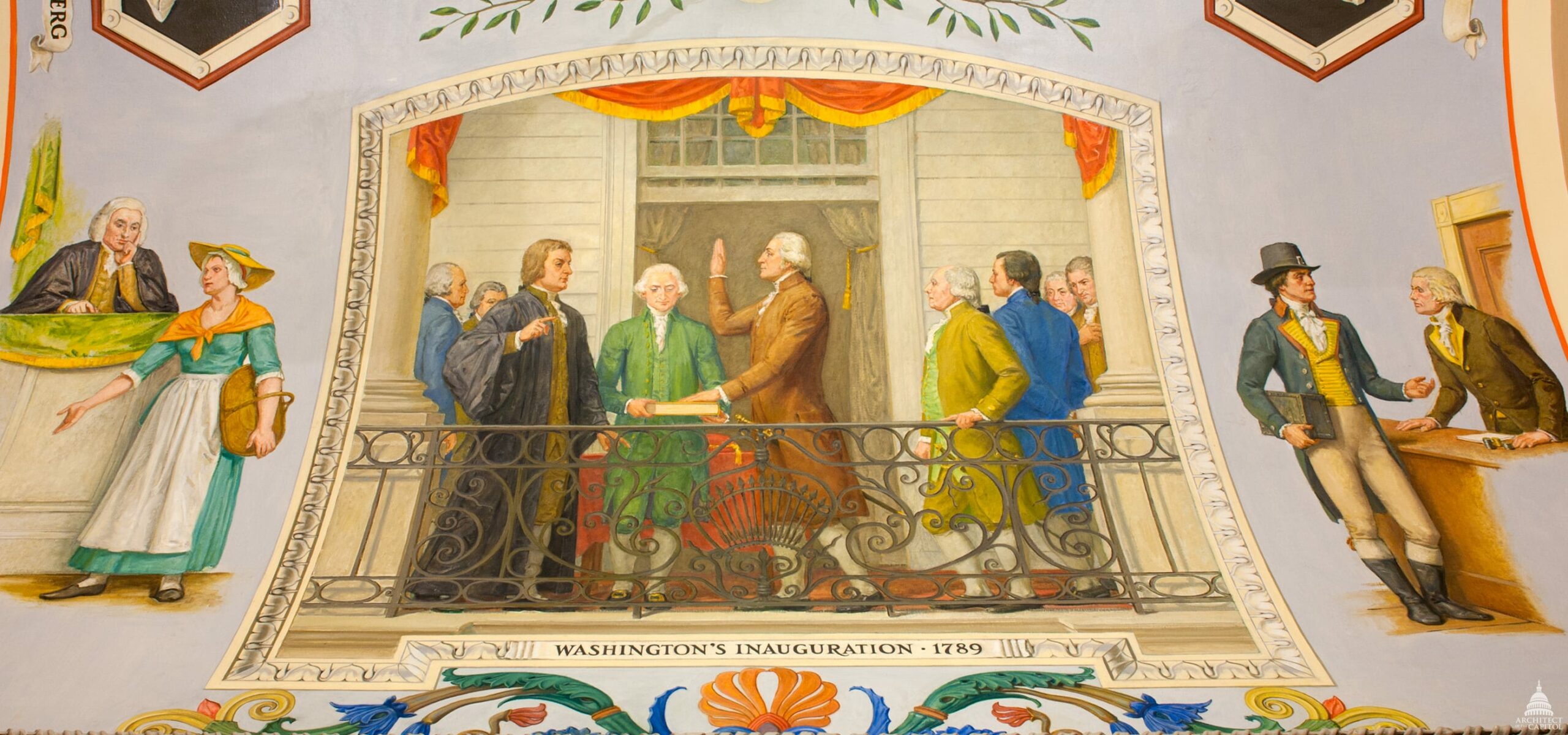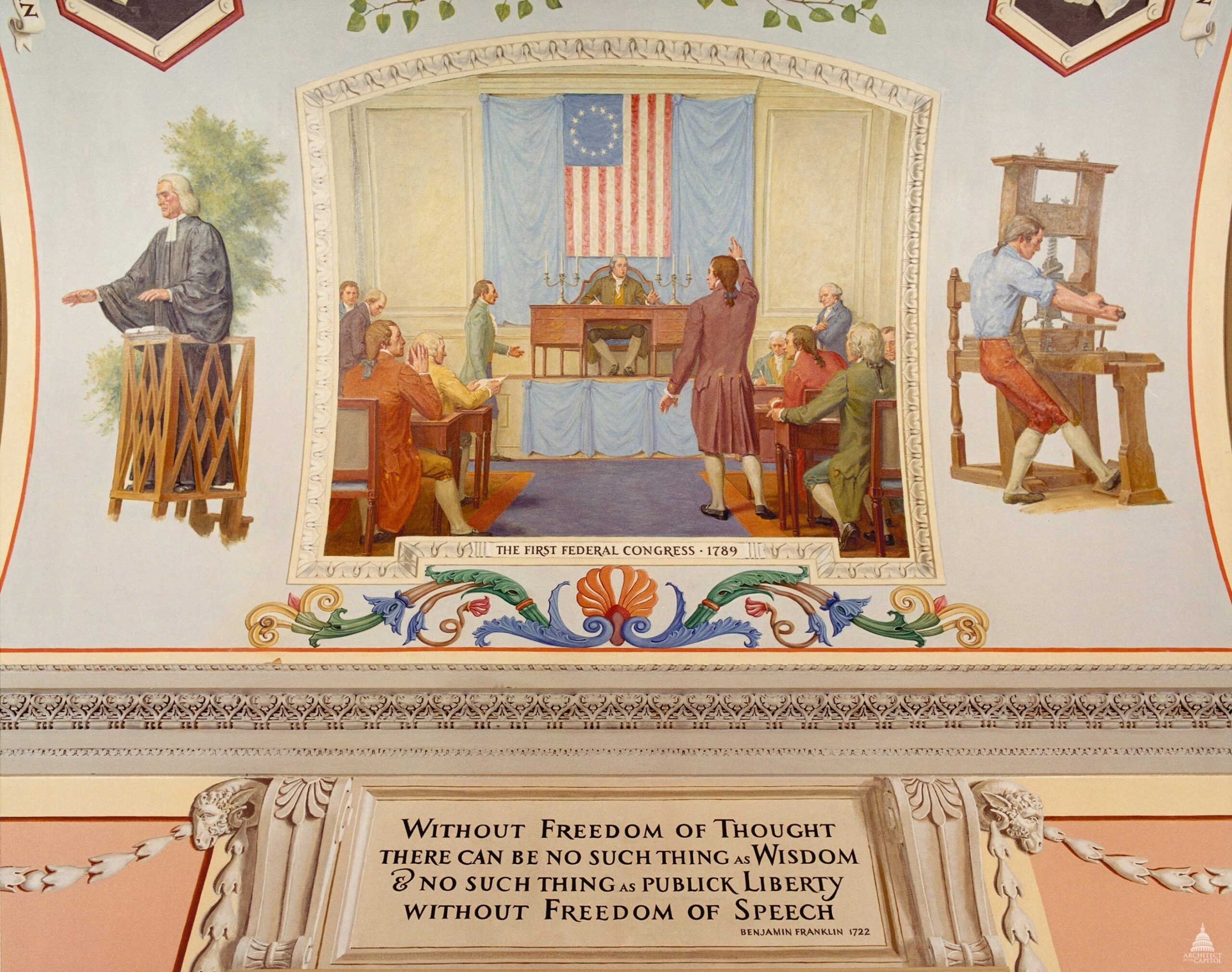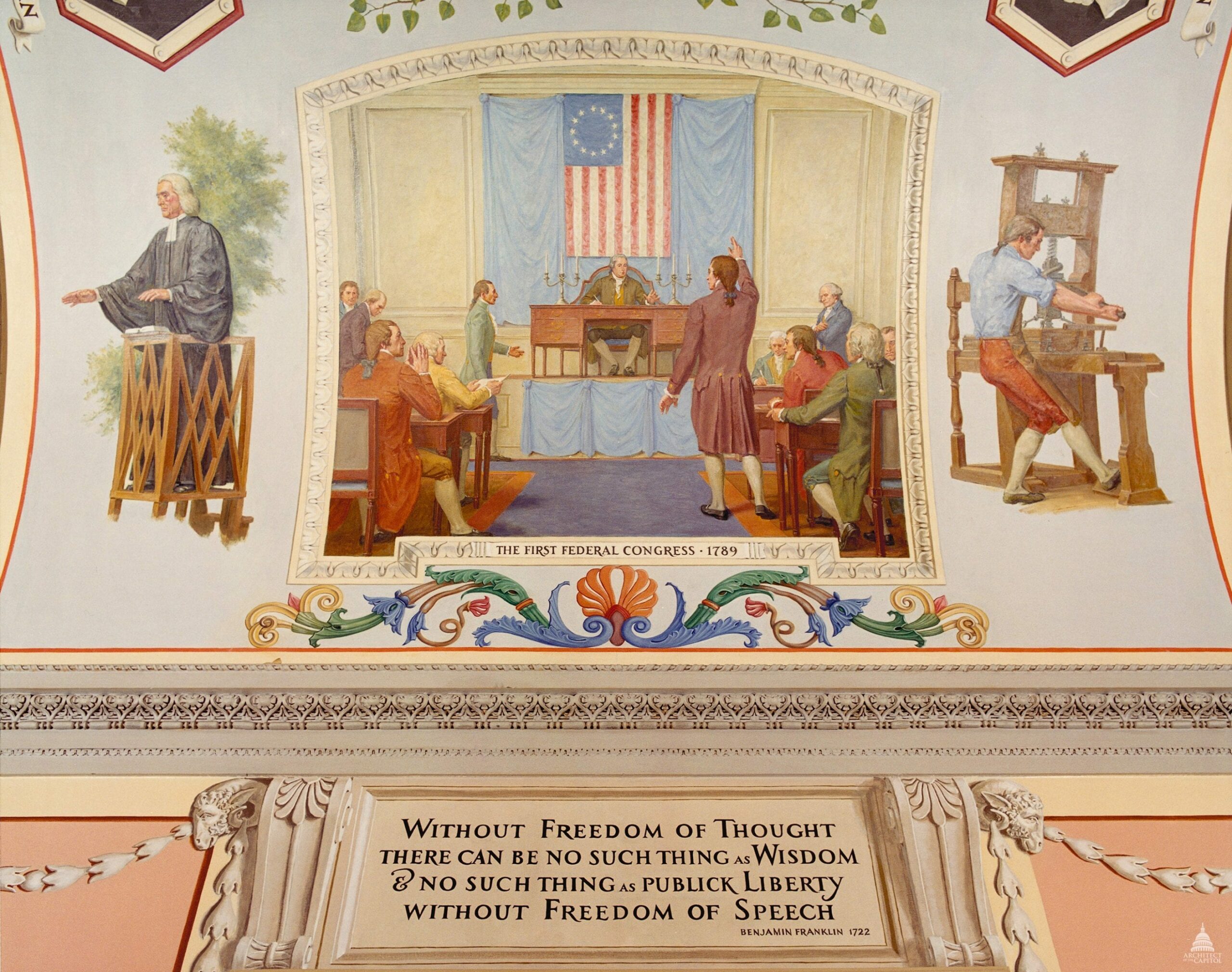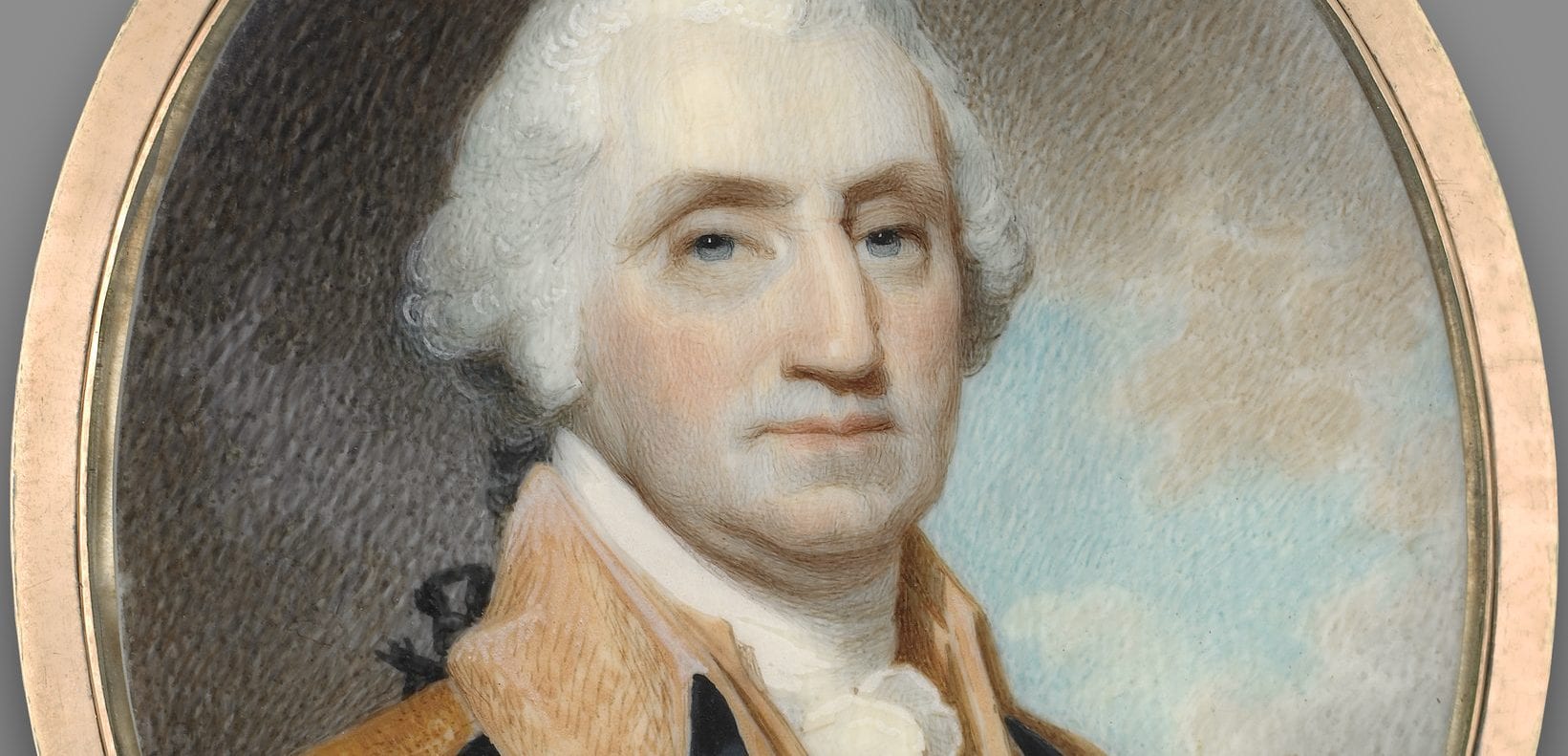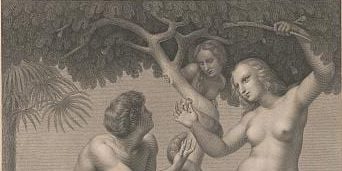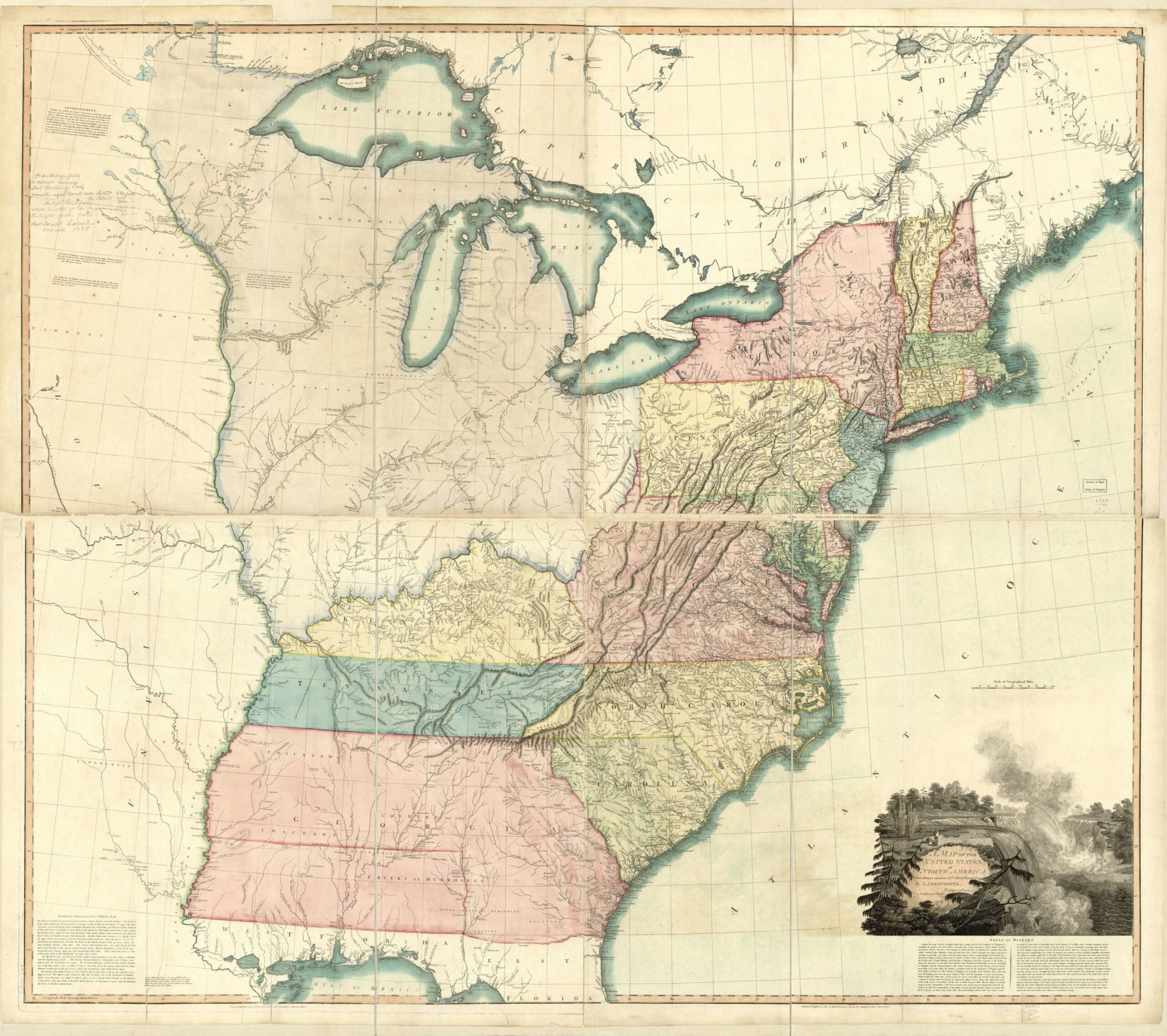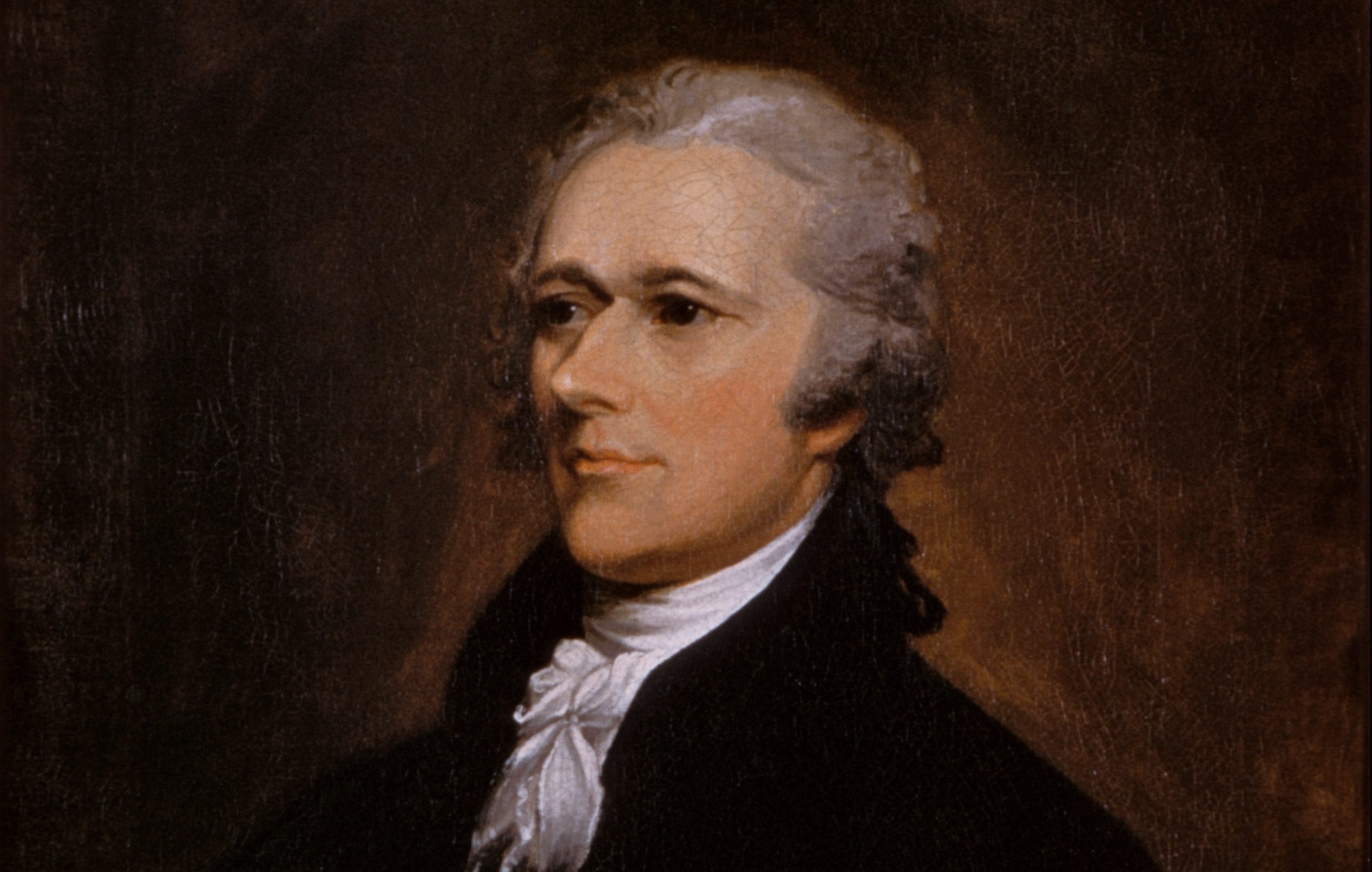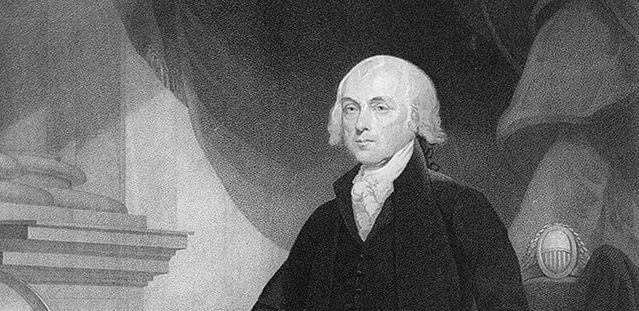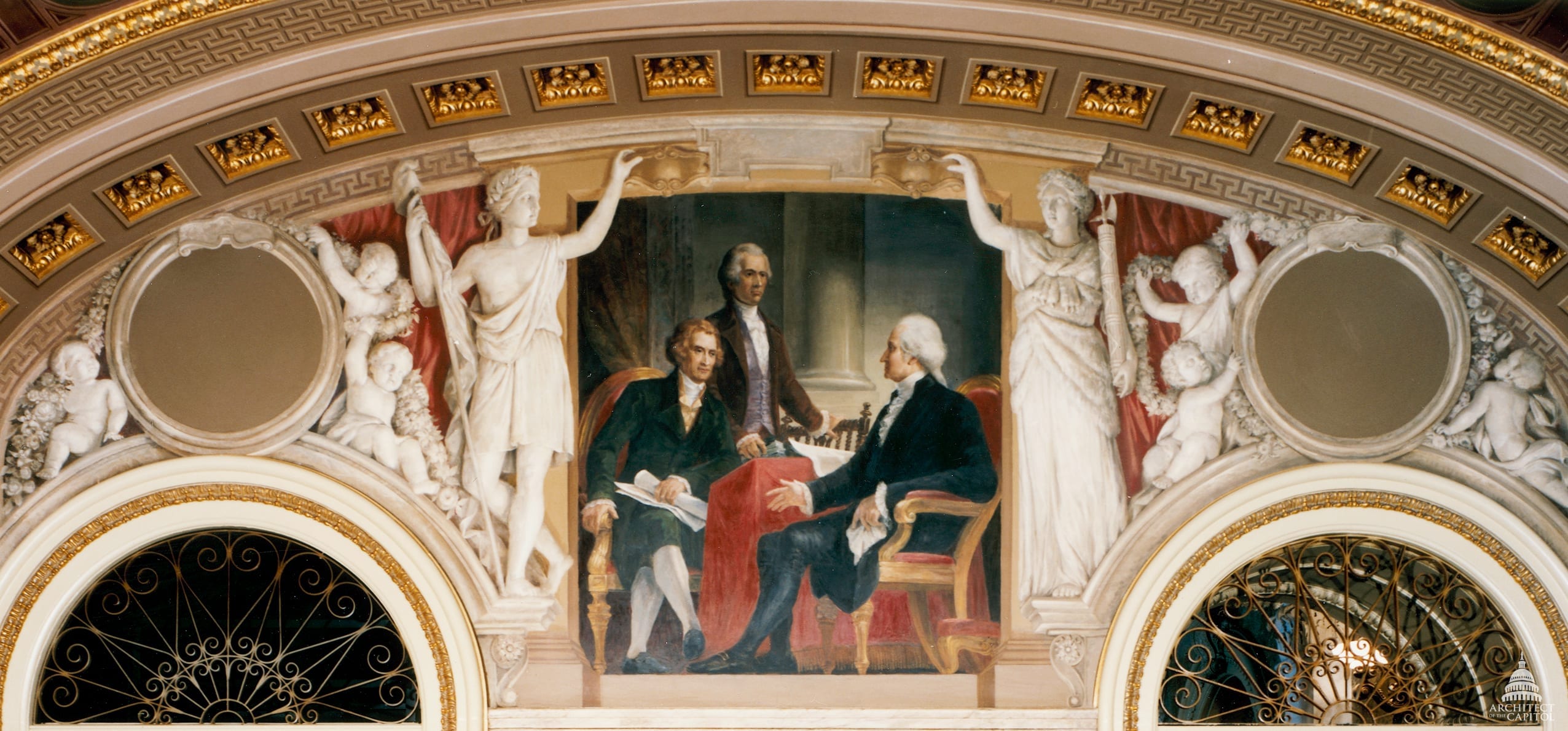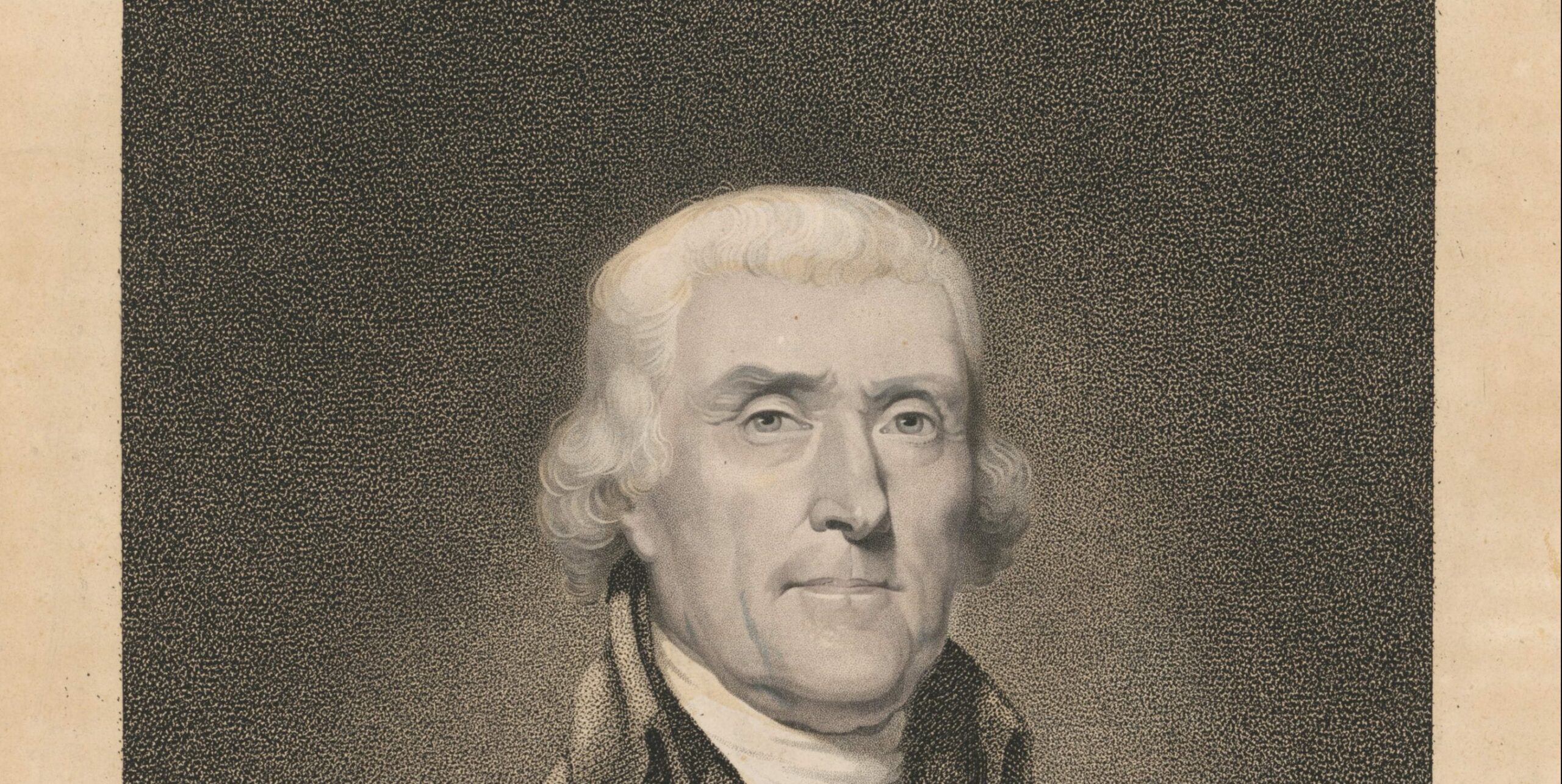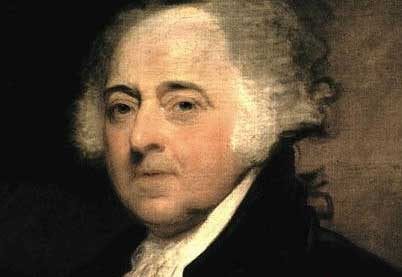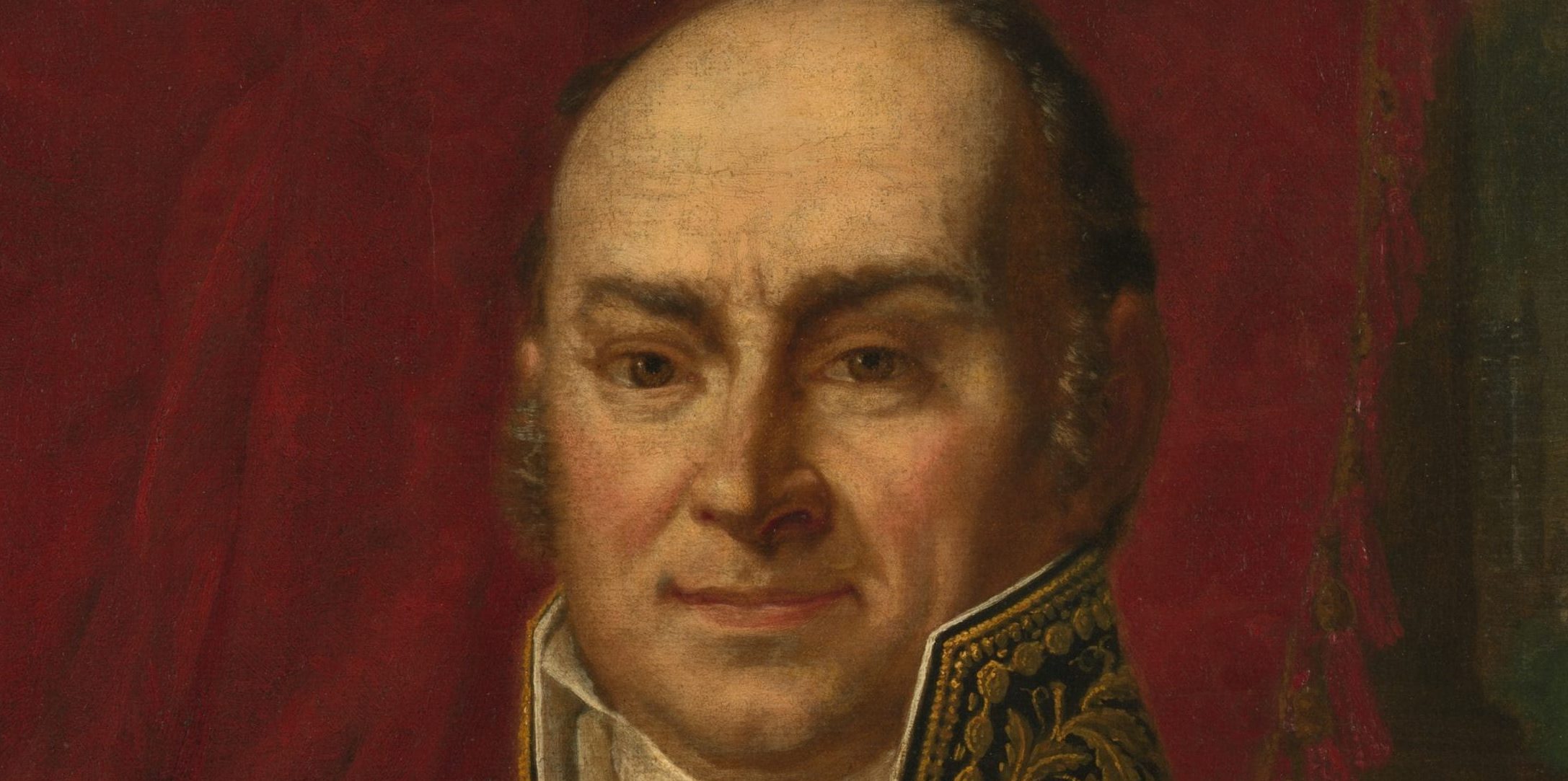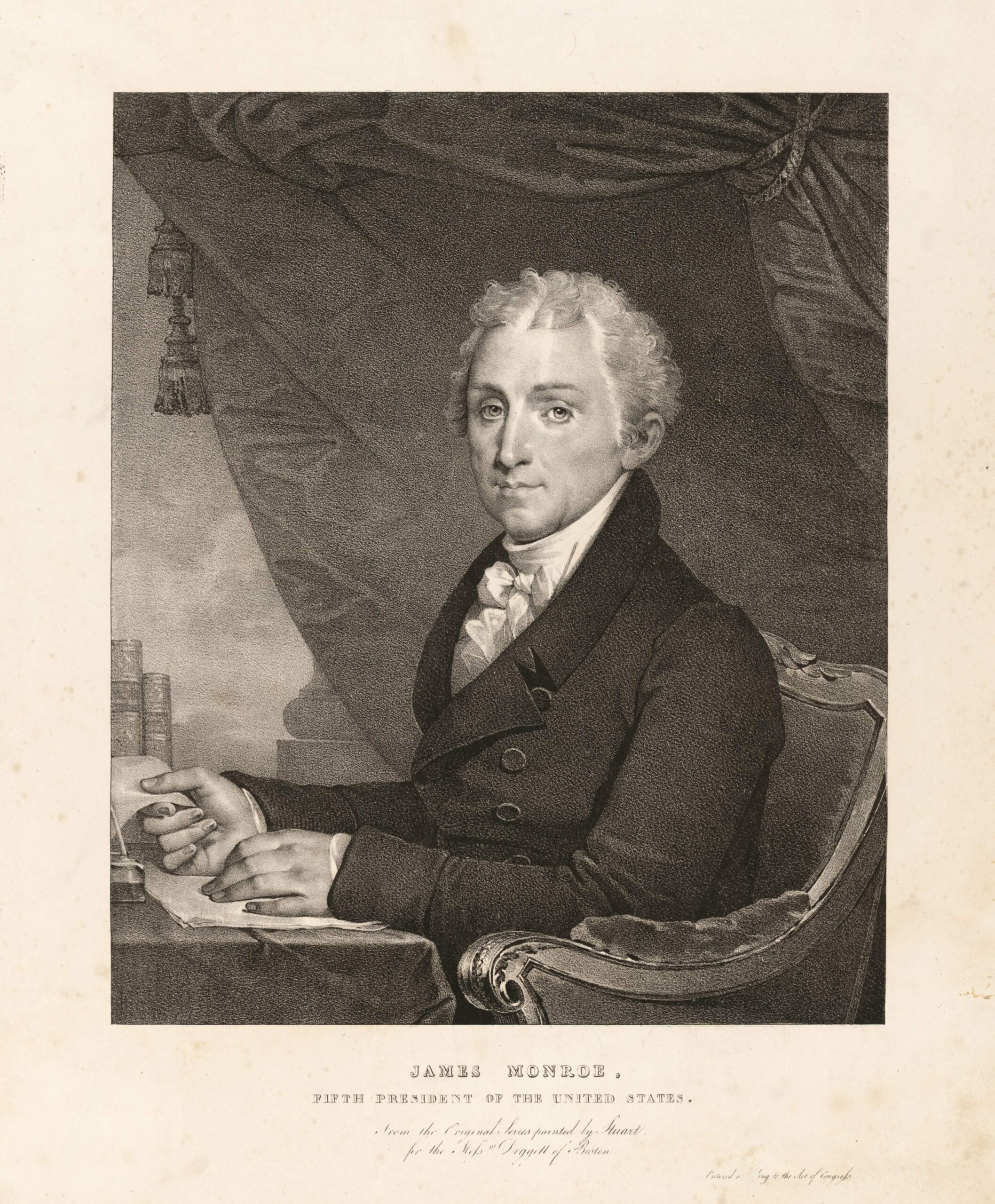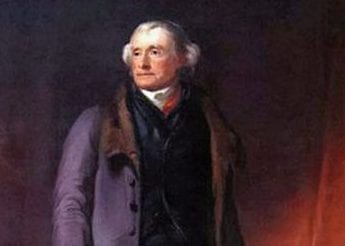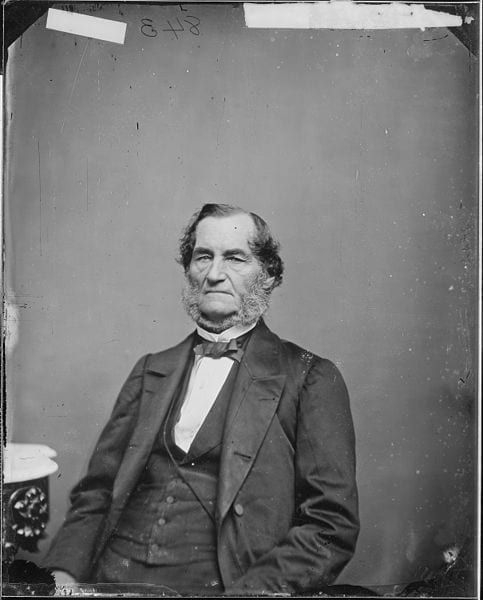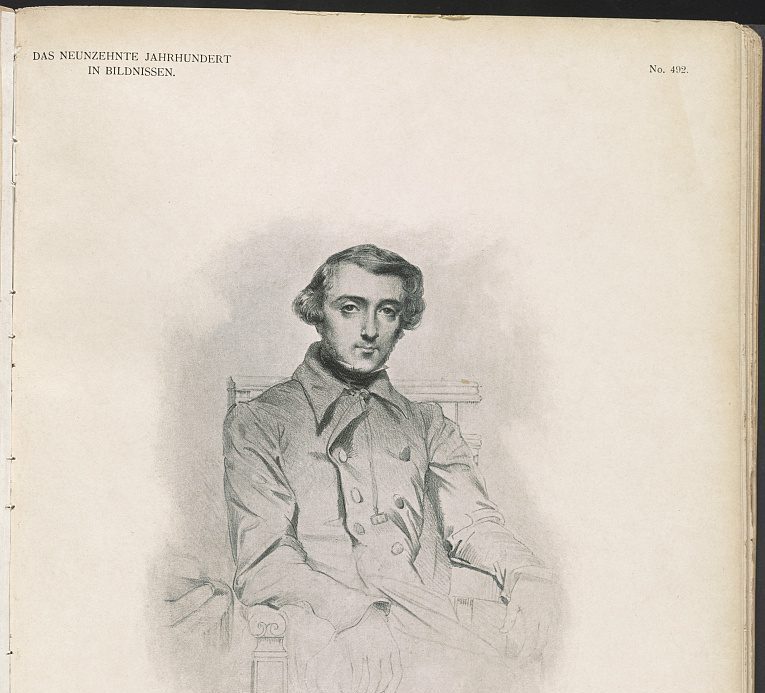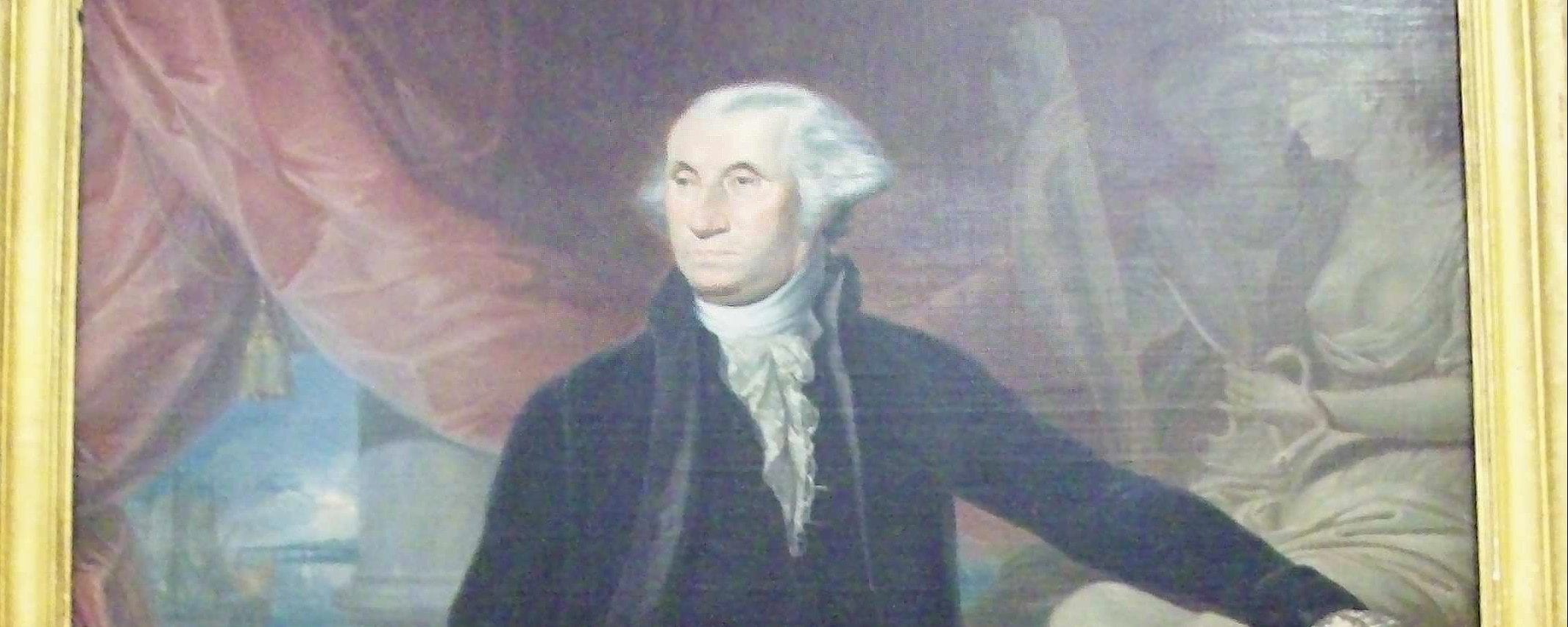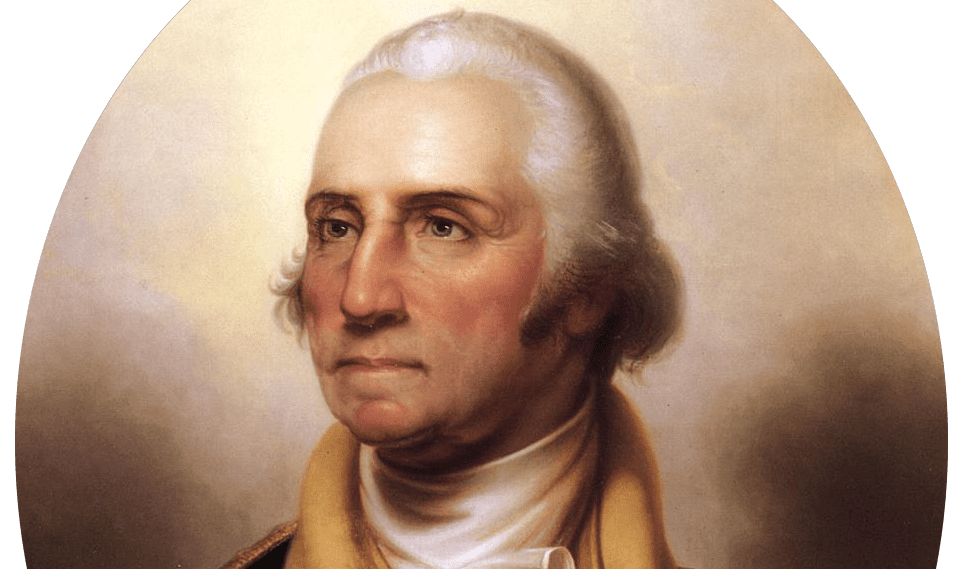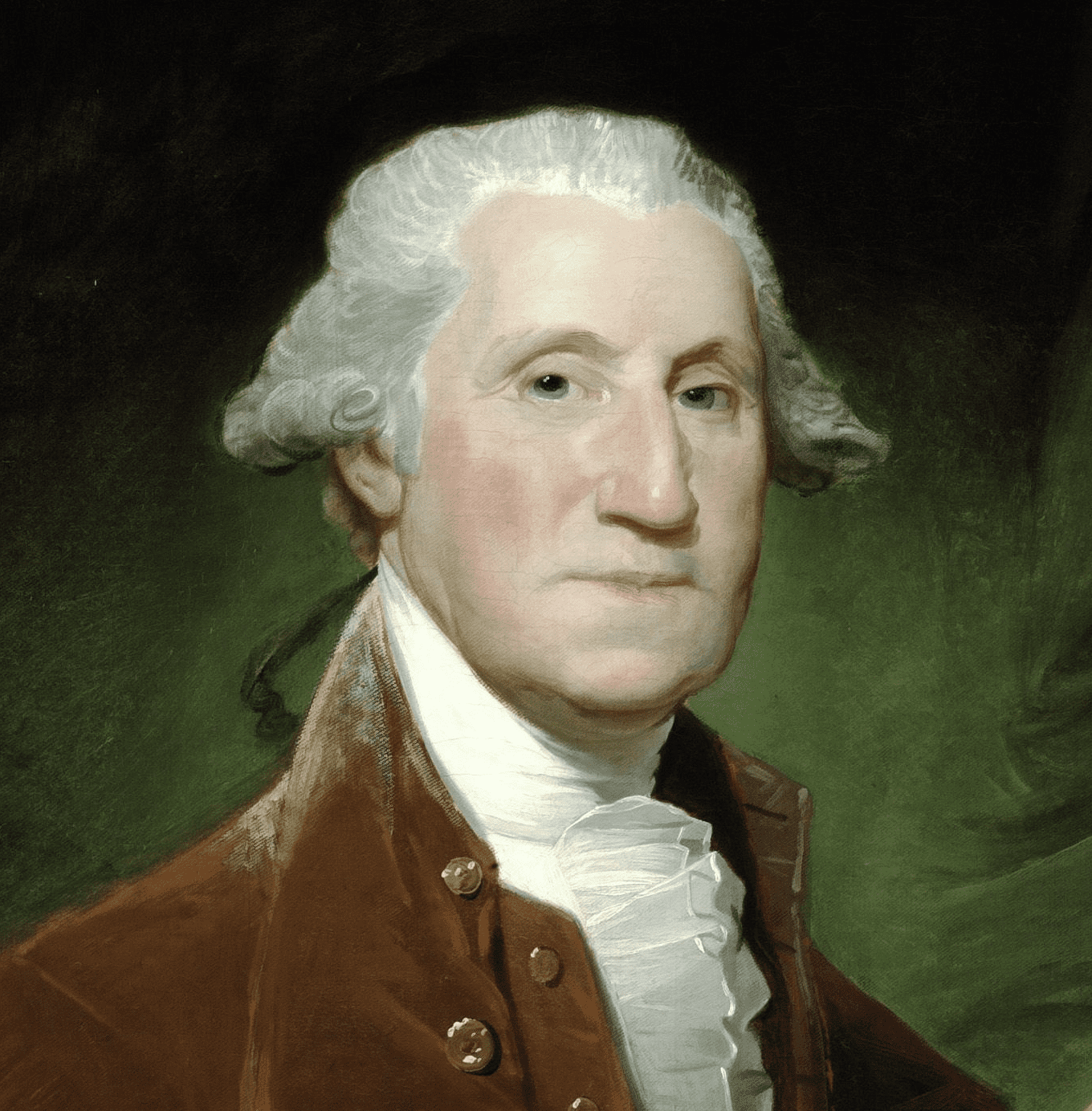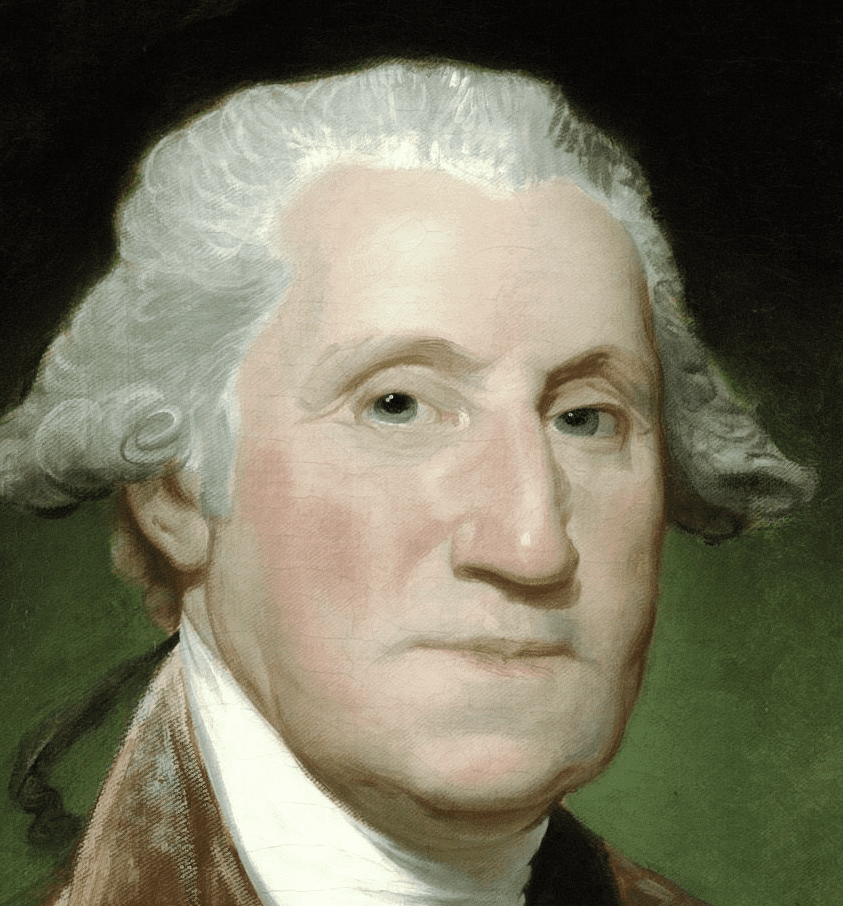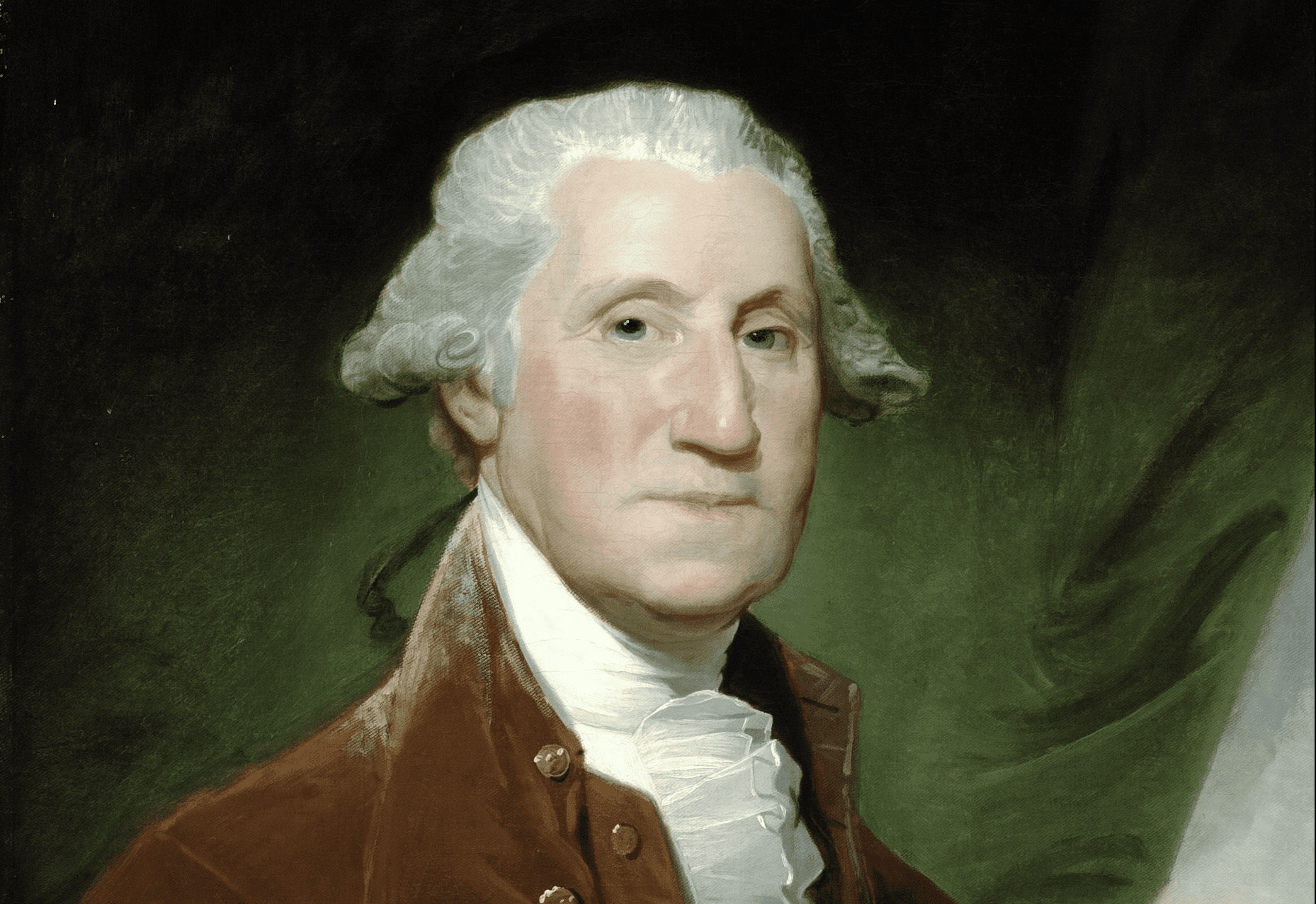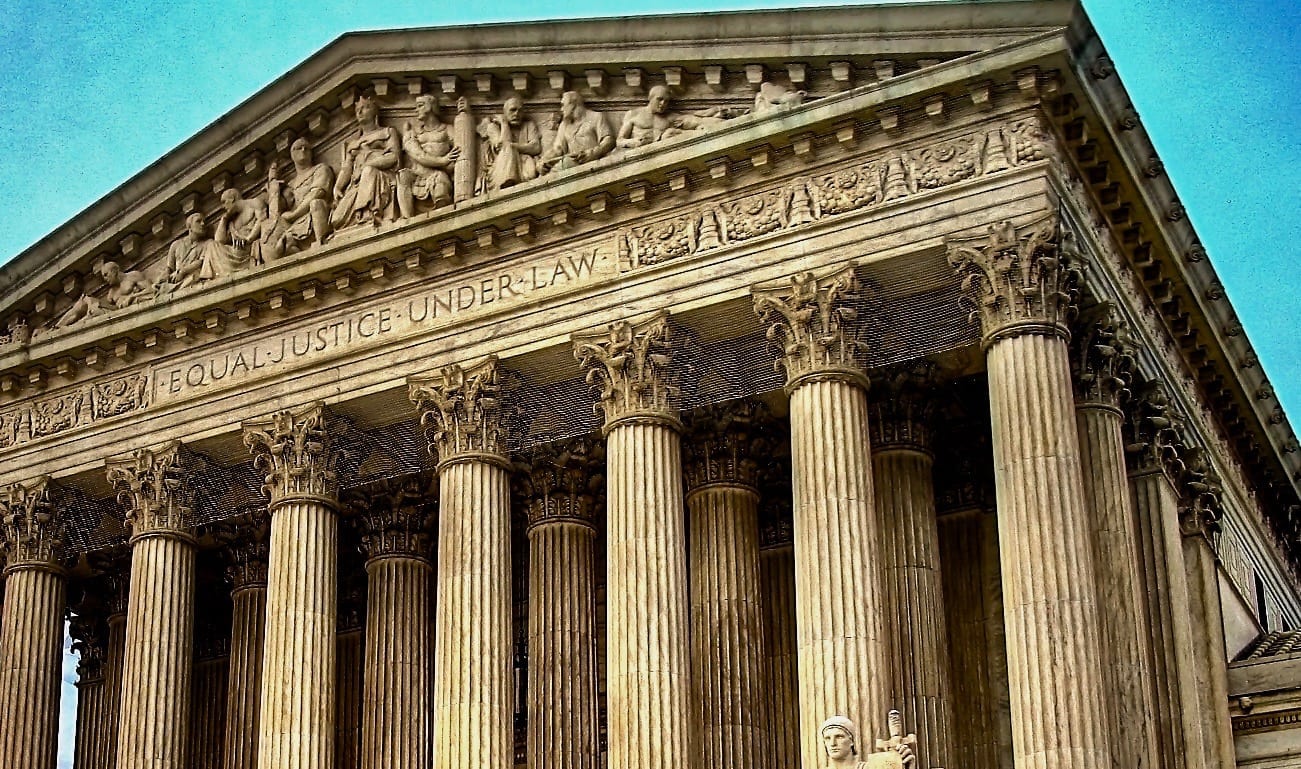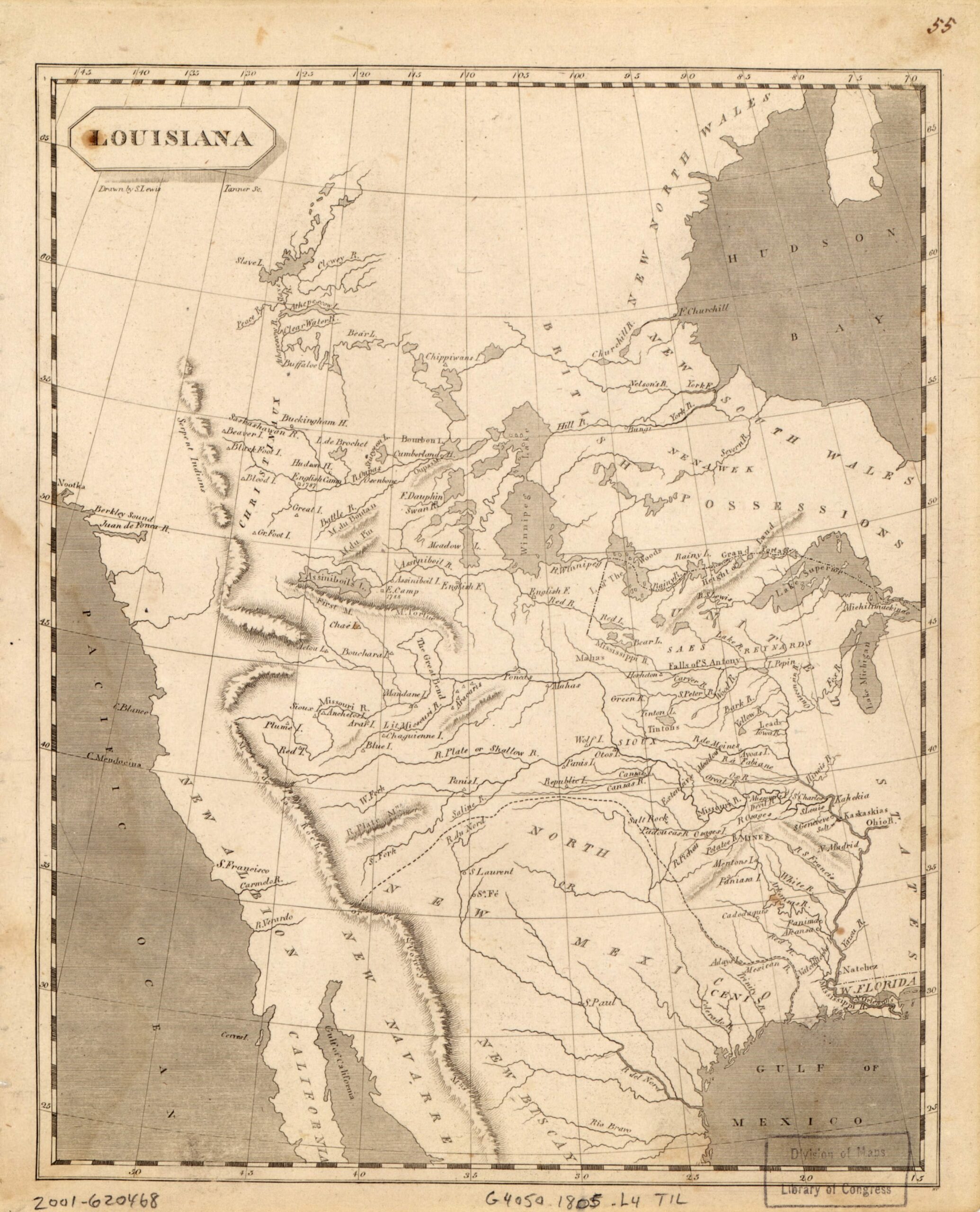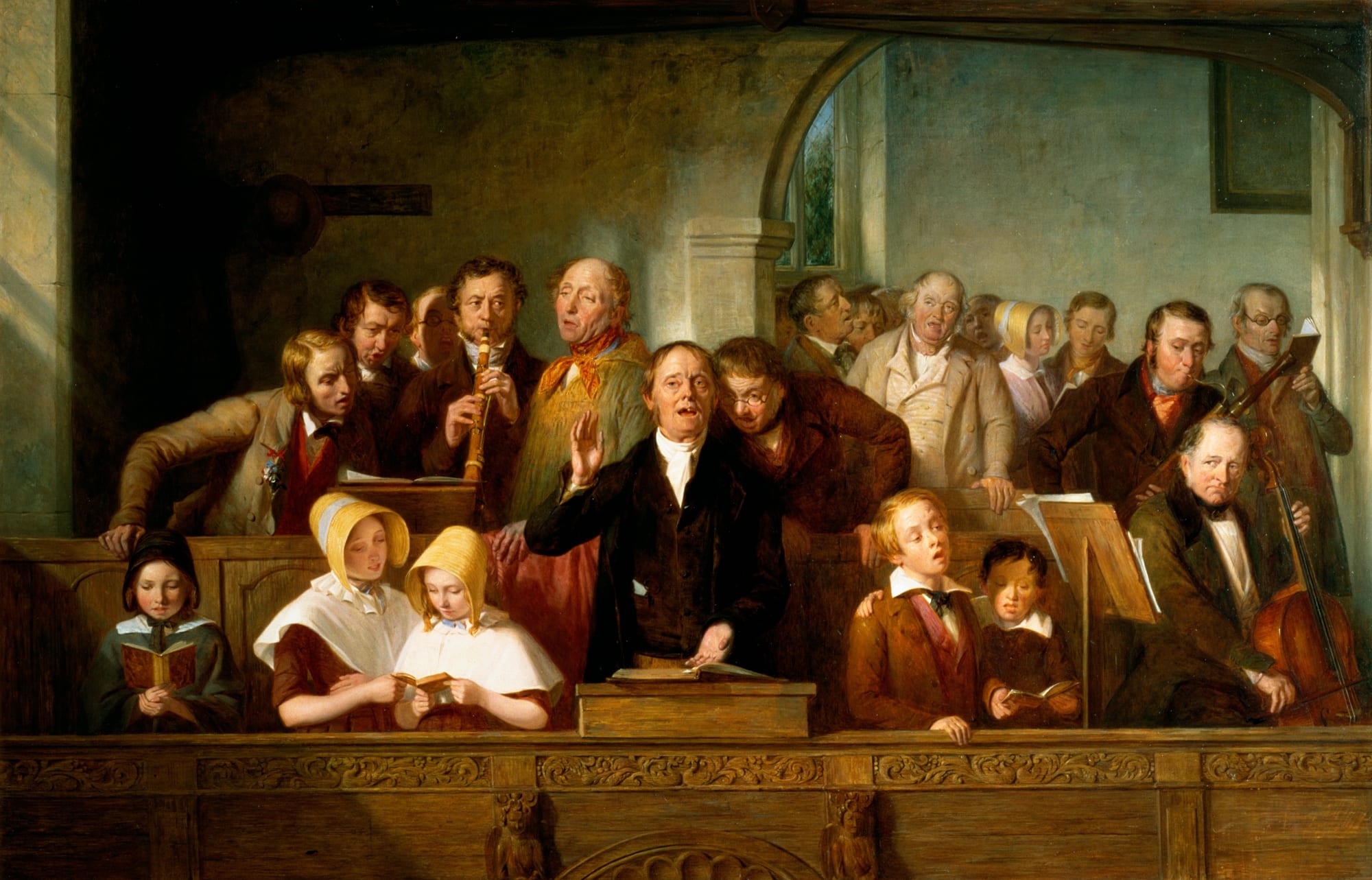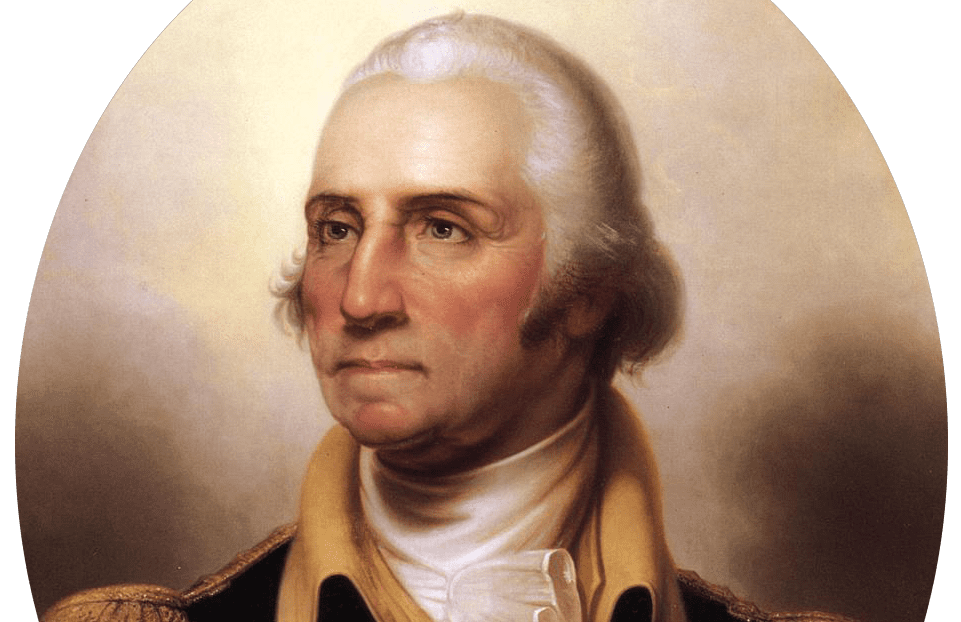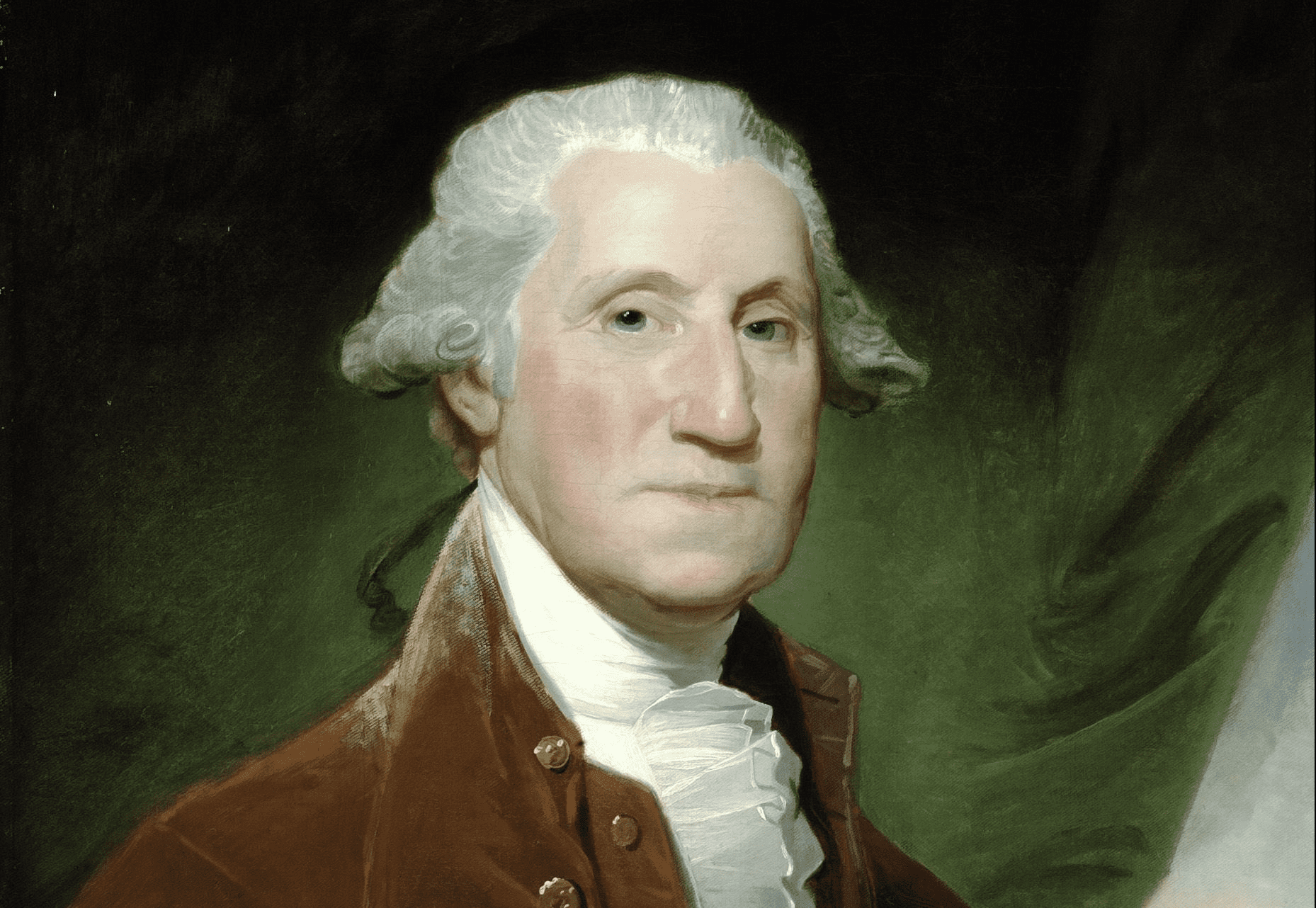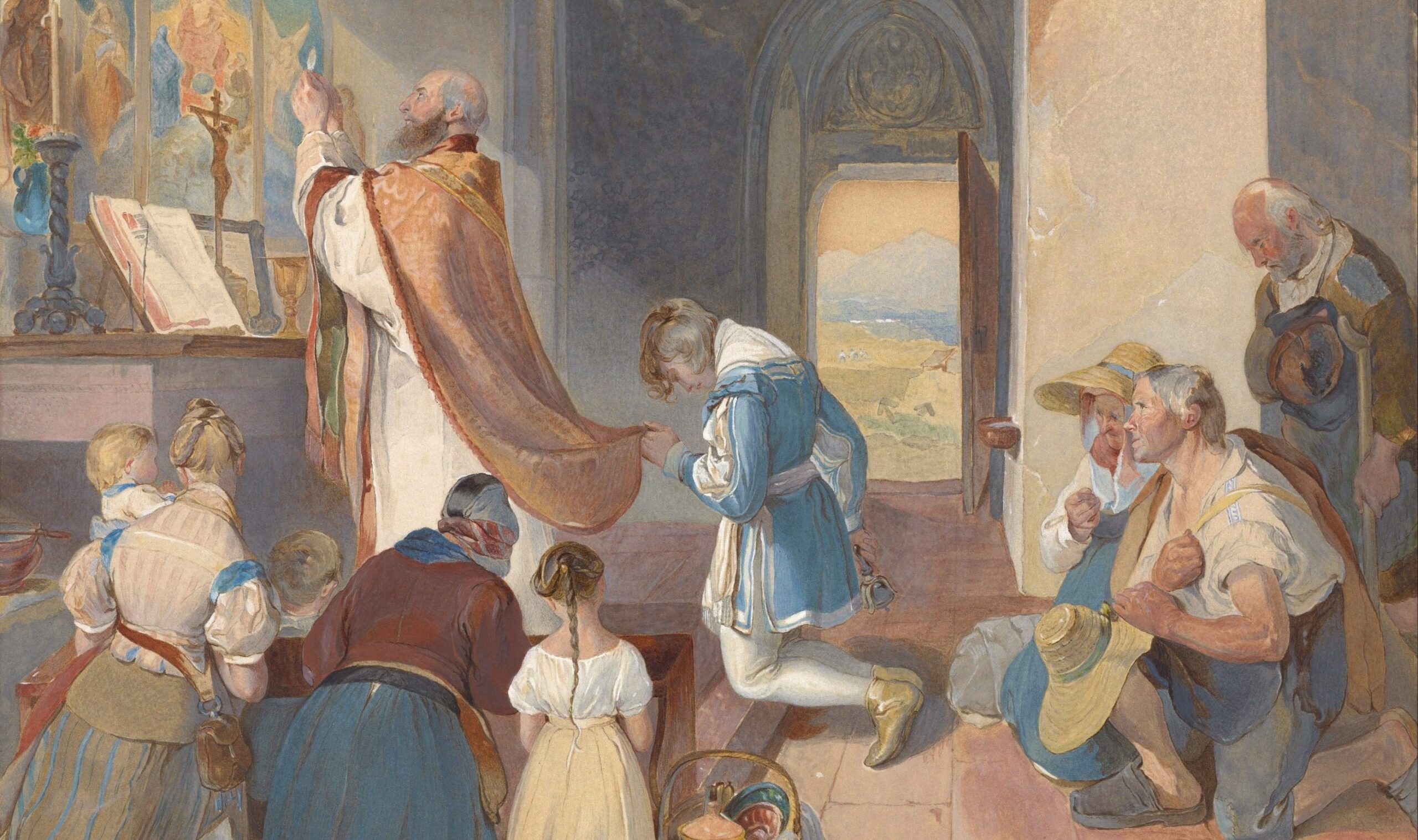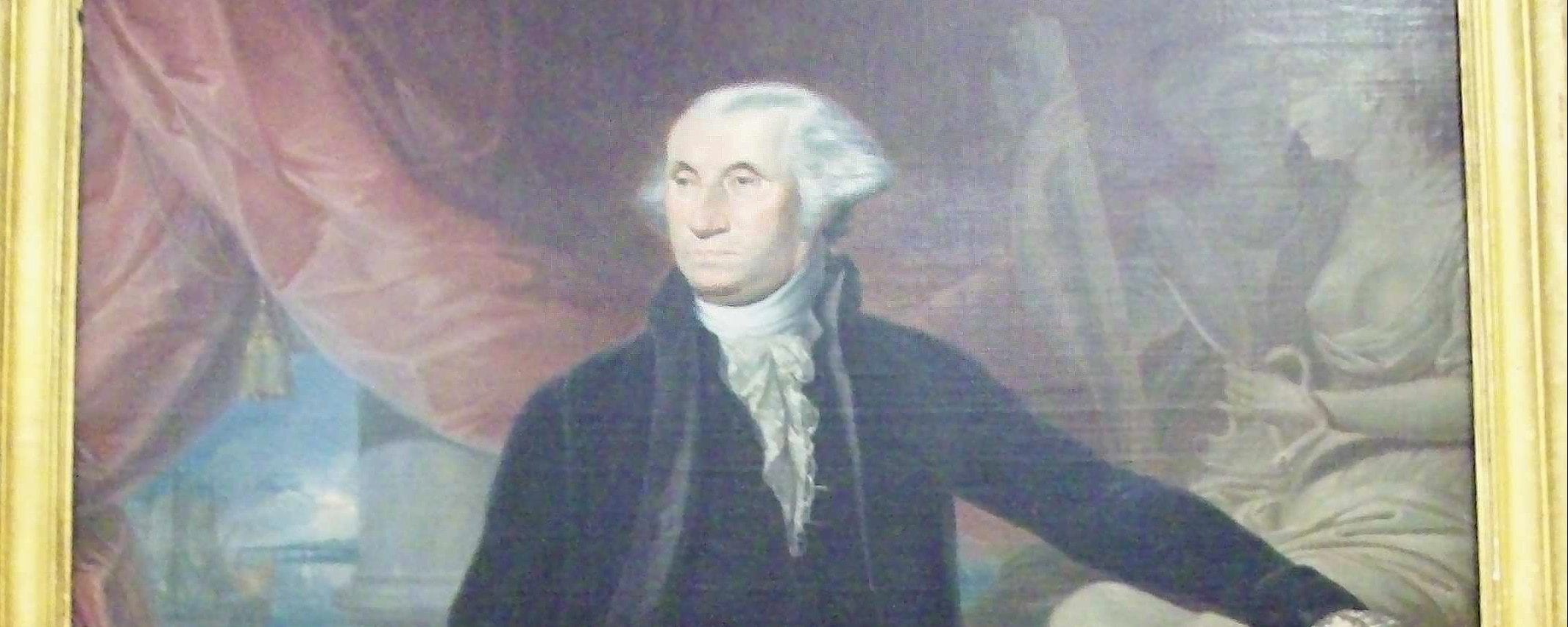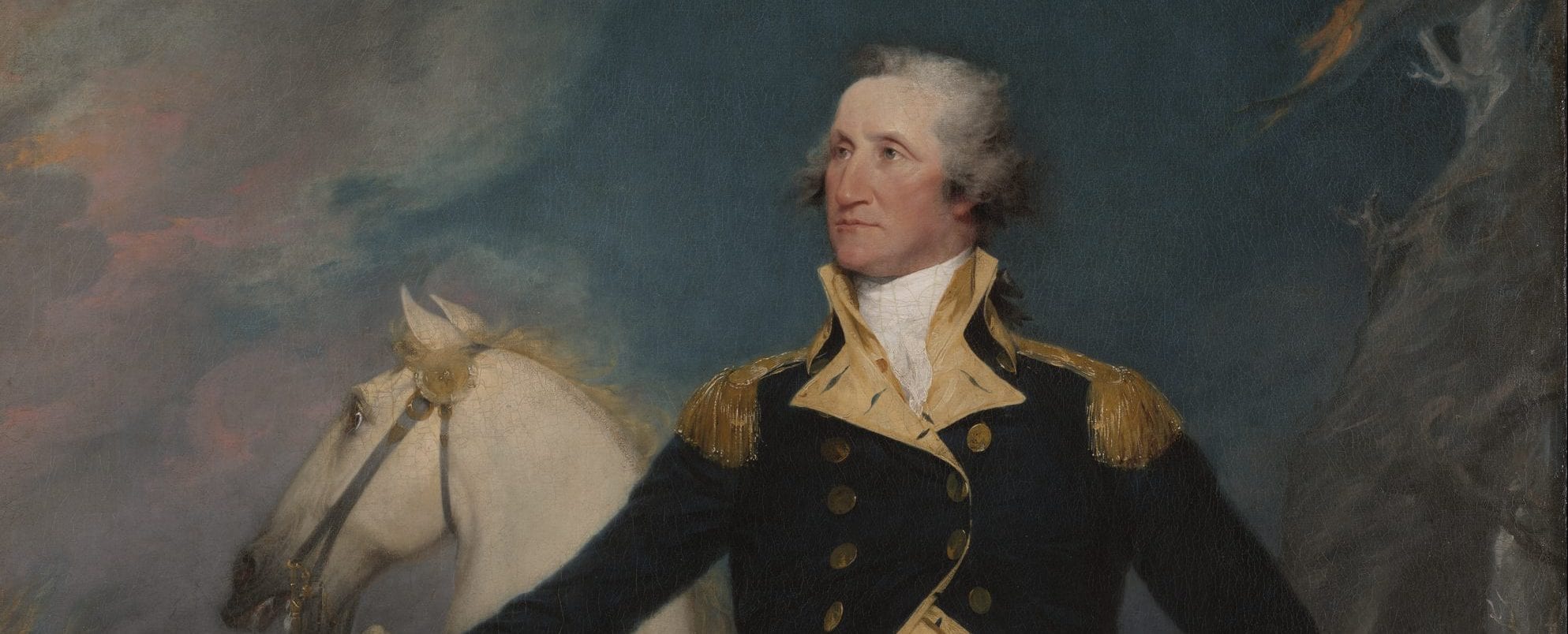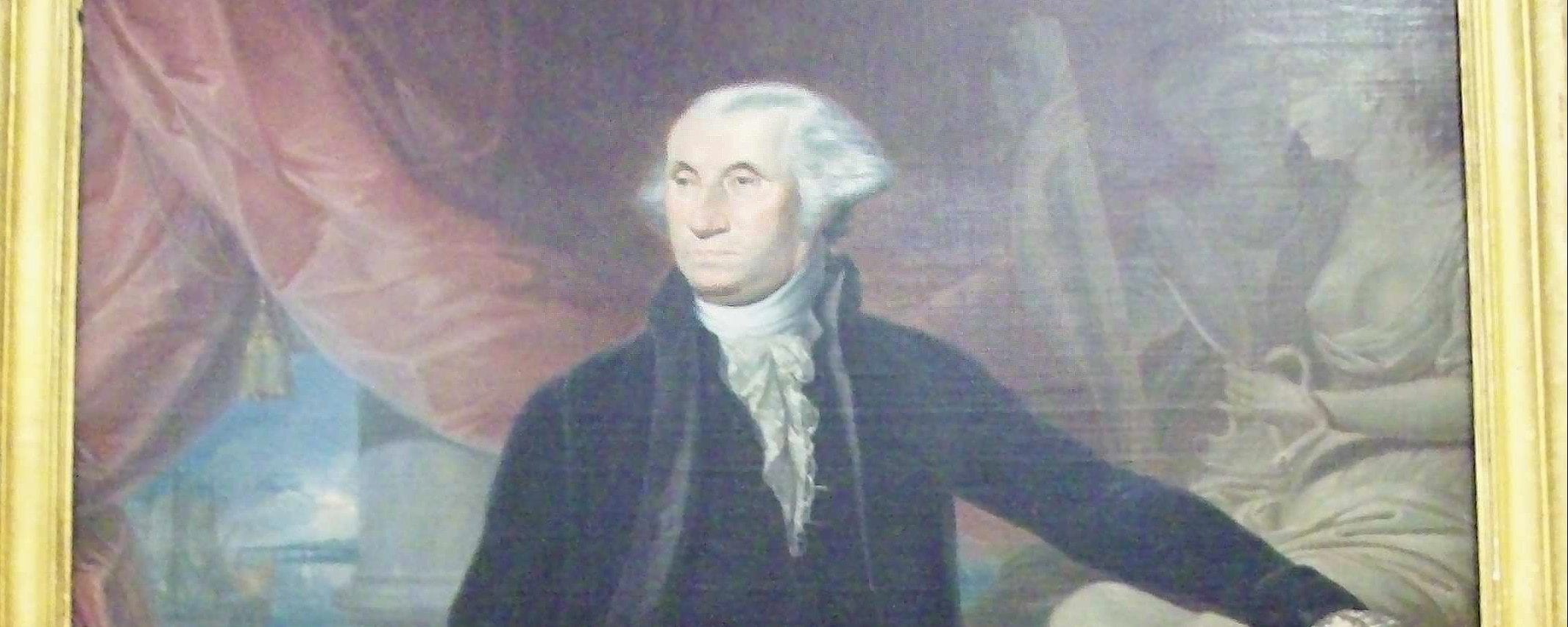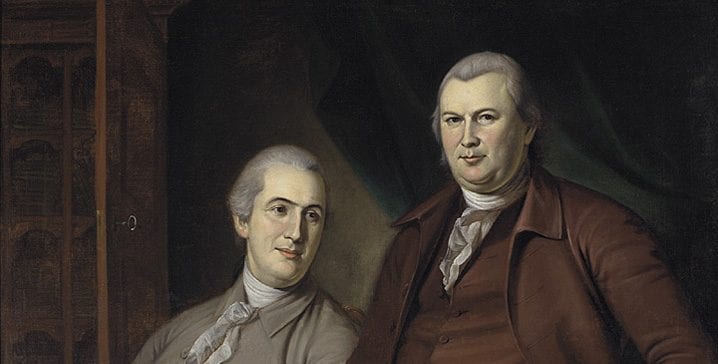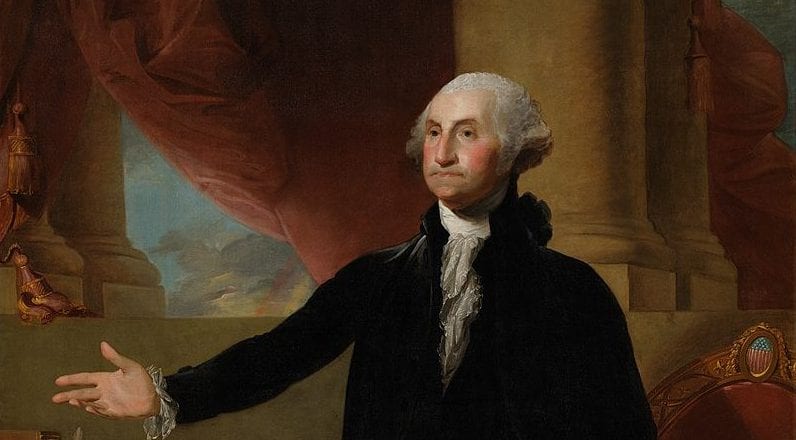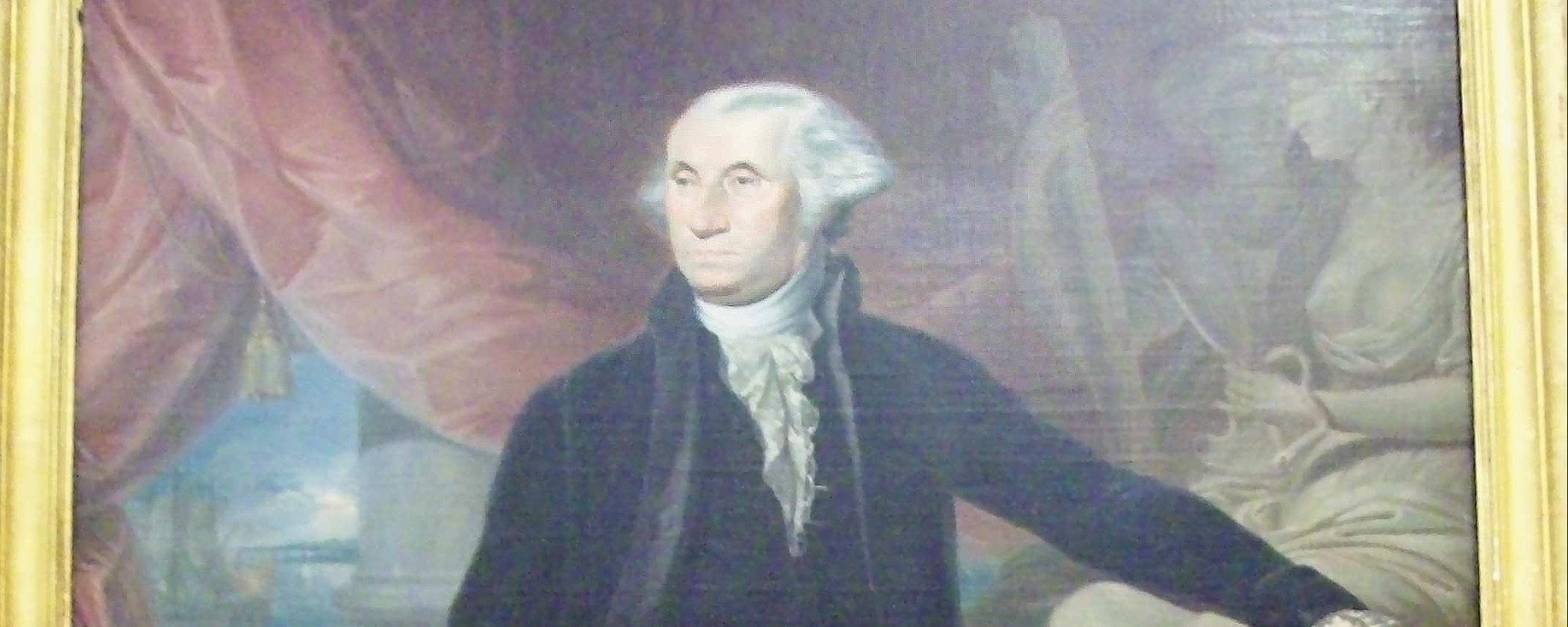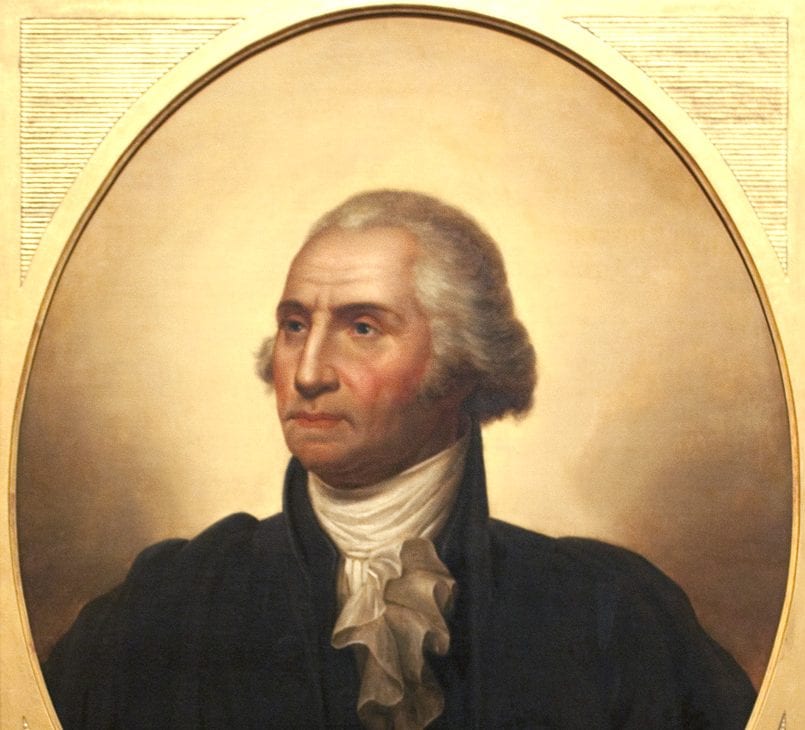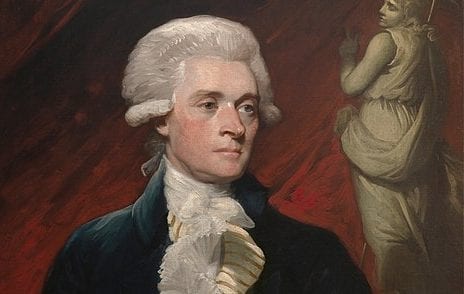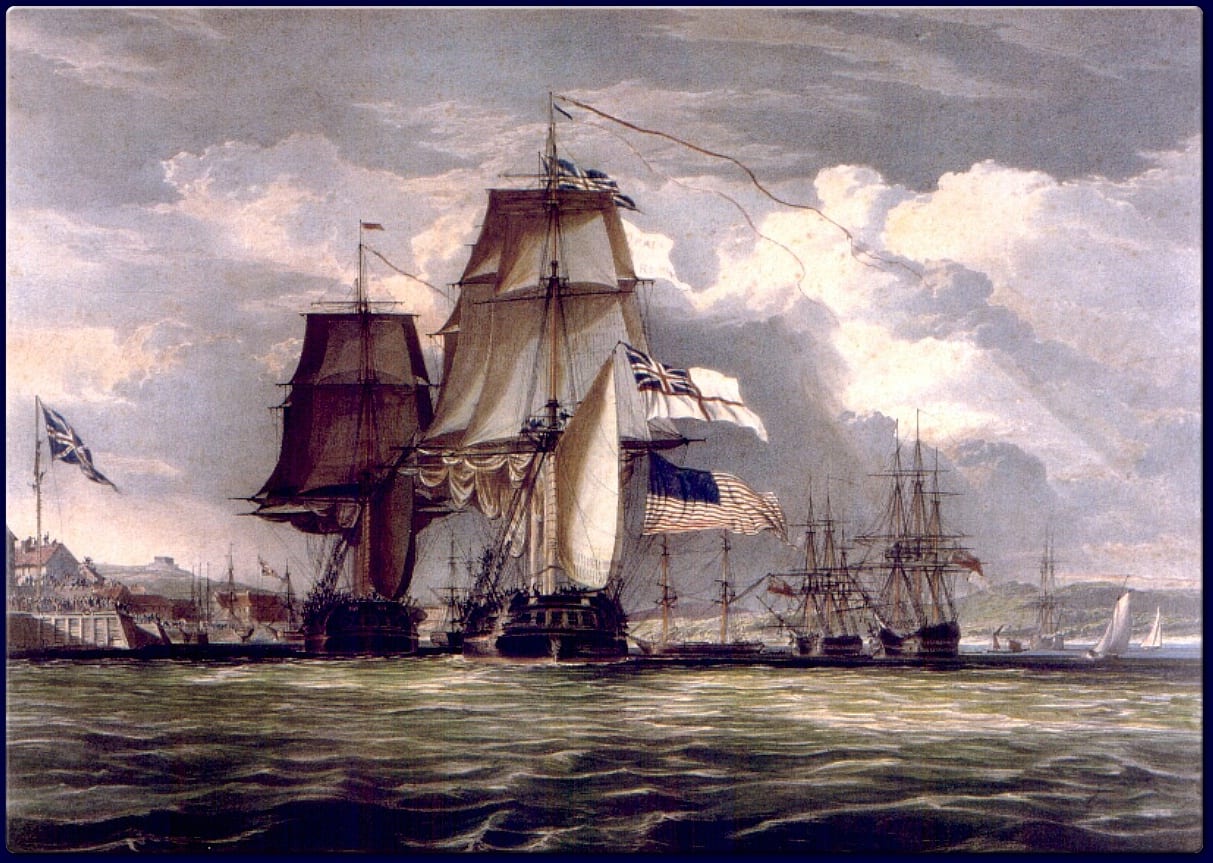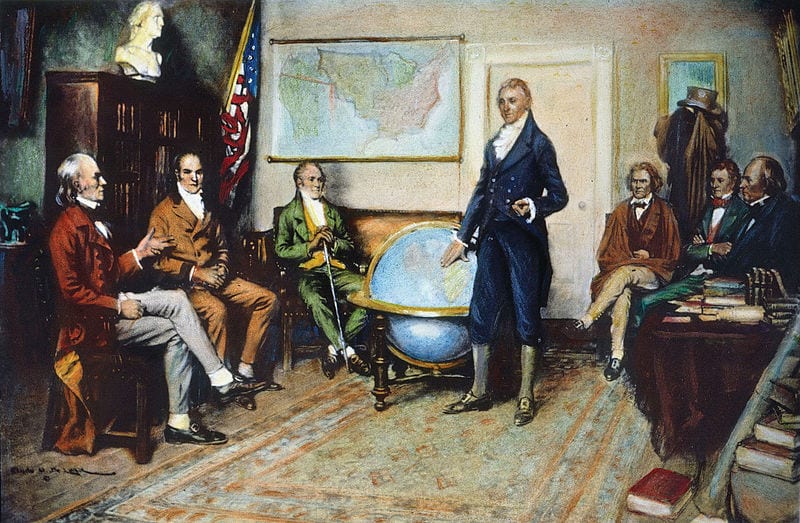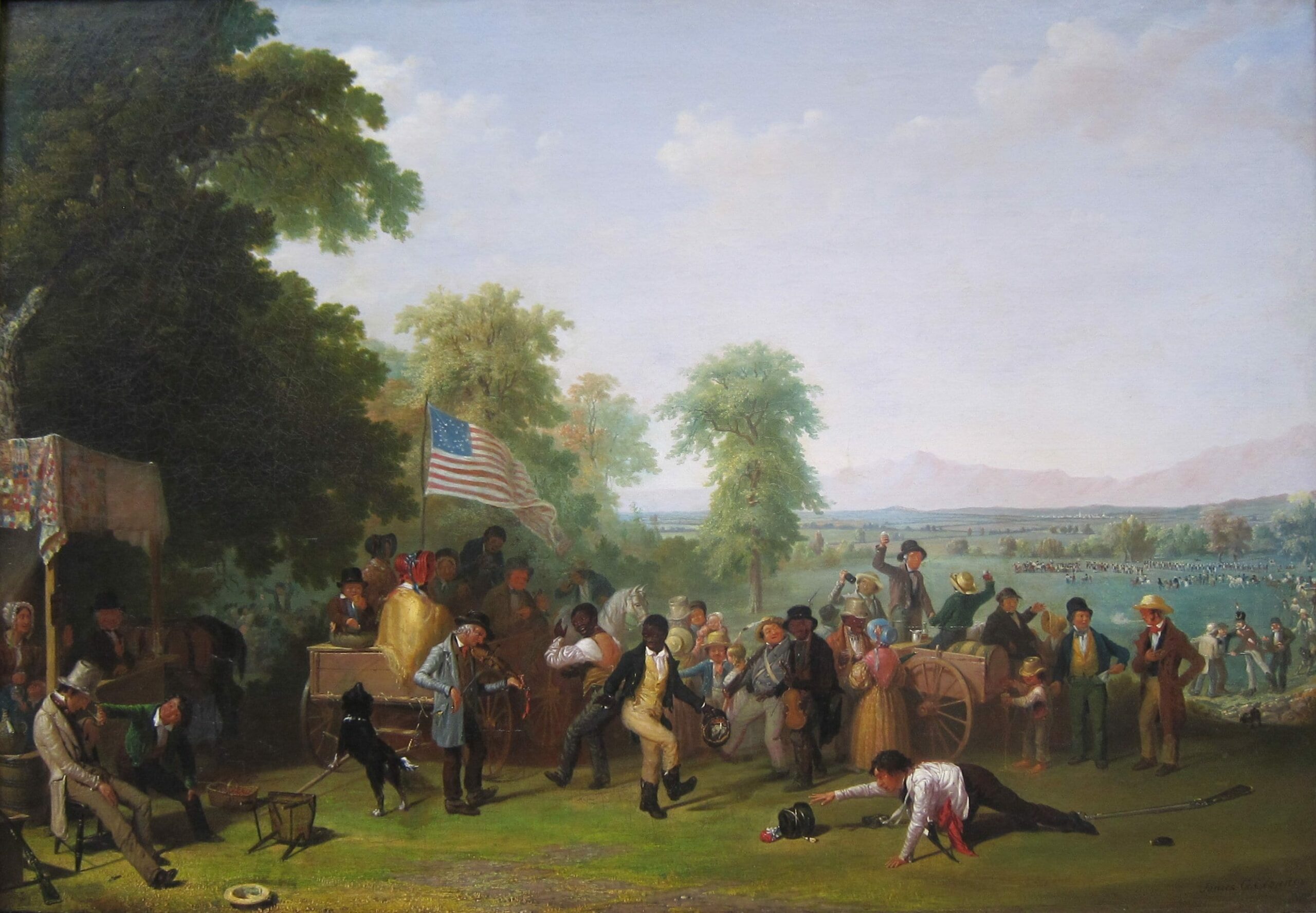Source: Rufus King to Colonel Pickering (November 4, 1803) in Records of the Federal Convention of 1787, Volume 3, Max Farrand, ed. (Yale, 1911), 399-400 ; Timothy Pickering to Rufus King, March 4, 1804 in Documents Relating to New-England Federalism: 1800-1815, Henry Adams, ed. (Boston, 1877), 351-352.
Rufus King to Colonel Pickering, November 4, 1803
Congress may admit new States, but can the Executive by treaty admit them, or, what is equivalent, enter into engagements binding Congress to do so? As by the Louisiana Treaty, the ceded territory must be formed into States, & admitted into the Union, is it understood that Congress can annex any condition to their admission? if not, as Slavery is authorized & exists in Louisiana, and the treaty engages to protect the property of the inhabitants, will not the present inequality, arising from the Representation of Slaves, be increased?
As the provision of the Constitution on this subject may be regarded as one of its greatest blemishes, it would be with reluctance that one could consent to its being extended to the Louisiana States; and provided any act of Congress or of the several states should be deemed requisite to give validity to the stipulation of the treaty on this subject, ought not an effort to be made to limit the Representation to the free inhabitants only? Had it been foreseen that we could raise revenue to the extent we have done, from indirect taxes, the Representation of Slaves wd. never have been admitted; but going upon the maxim that taxation and Representation are inseparable, and that the Genl. Govt. must resort to direct taxes, the States in which Slavery does not exist, were injudiciously led to concede to this unreasonable provision of the Constitution.
Timothy Pickering to Rufus King, March 4, 1804
Dear Sir, — I am disgusted with the men who now rule, and with their measures. At some manifestations of their malignancy, I am shocked. The cowardly wretch at their head, while, like a Parisian revolutionary monster, prating about humanity, would feel an infernal pleasure in the utter destruction of his opponents. We have too long witnessed his general turpitude, his cruel removals of faithful officers, and the substitution of corruption and looseness for integrity and worth. We have now before the Senate a nomination of Merriweather Jones, of Richmond, editor of the “Examiner” a paper devoted to Jefferson and Jacobinism ; and he is now to be rewarded. Mr. Hopkins, commissioner of loans, a man of property and integrity, is to give room for this Jones. The commissioner may have at once thirty thousand dollars in his hands to pay the public creditors in Virginia. He is required by law to give bonds only in a sum from five to ten thousand dollars and Jones’s character is so notoriously bad that we have satisfactory evidence he could not now get credit at any store in Richmond for a suit of clothes! Yet I am far from thinking, if this evidence should be laid before the Senate, that his nomination will be negatived! I am therefore ready to say, “Come out from among them and be ye separate.” Corruption is the object and instrument of the chief, and the tendency of his administration, for the purpose of maintaining himself in power and the accomplishment of his infidel and visionary schemes. The corrupt portion of the people are the agents of his misrule. Corruption is the recommendation to office ; and many of some pretensions to character, but too feeble to resist temptation become apostates. Virtue and worth are his enemies, and therefore he would overwhelm them. The collision of Democrats in your State promises some amendment : the administration of your government cannot well be worse.
The Federalists here in general anxiously desire the election of Mr. Burr to the chair of New York ; for they despair of a present ascendancy of the Federal party. Mr. Burr alone, we think, can break your Democratic phalanx ; and we anticipate much good from his success. Were New York detached (as under his administration it would be) from the Virginian, influence, the whole union would be benefited. Jefferson would then be forced to observe some caution and forbearance in his measures. And, if a separation should be deemed proper, the five New England States, New York, and New Jersey would naturally be united. Among those seven States, there is a sufficient congeniality of character to authorize the expectation of practicable harmony and a permanent union, New York the centre. Without a separation, can those States ever rid themselves of negro Presidents and negro Congresses, and regain their just weight in the political balance? At this moment, the slaves of the Middle and Southern States have fifteen representatives in Congress, and they will appoint that number of electors of the next President and Vice-President ; and the number of slaves is continually increasing. You notice this evil. But will the slave States ever renounce the advantage? As population is in fact no rule of taxation, the negro representation ought to be given up. If refused, it would be a strong ground for separation, though perhaps an earlier occasion may present to declare it. How man Indian wars, excited by the avidity of the Western and Southern States for Indian lands, shall we have to encounter, and who will pay the millions to support them? The Atlantic States. Yet the first moment we ourselves need assistance, and call on the Western States for taxes, they will declare off, or at any rate refuse to obey the call. Kentucky effectually resisted the collection of the excise ; and of the thirty-seven thousand dollars’ direct tax assessed upon her so many years ago, she has paid only four thousand dollars, and probably will never pay the residue. In the mean time, we are maintaining their representatives in Congress for governing us, who surely can much better govern ourselves. Whenever the Western States detach themselves, they will take Louisiana with them. In thirty years, the white population on the Western waters will equal that of the thirteen States when they declared themselves independent of Great Britain. On the census of 1790, Kentucky was entitled to two representatives ; under that of 1800, she sends six! . . . .
P.S. I do not know one reflecting Nov-Anglian who is not anxious for the GREAT EVENT at which I have glanced. They fear, they dread the effects of the corruption so rapidly extending ; and that, if a decisive step be long delayed, it will be in vain to attempt it. If there be no improper delay, we have not any doubt but that the great measure may be taken, without the smallest hazard to private property or the public funds the revenues of the Northern States being equal to their portion of the public debt, leaving that for Louisiana on those who incurred it.
Believe me ever faithfully yours,
T.P.
The facility with which we have seen an essential change in the Constitution proposed and generally adopted will perhaps remove your scruples about proposing what you intimate respecting negro representation. But I begin to doubt whether that or any other change we could propose, with a chance of adoption, would be worth the breath, paper, and ink which would be expended in the acquisition.


